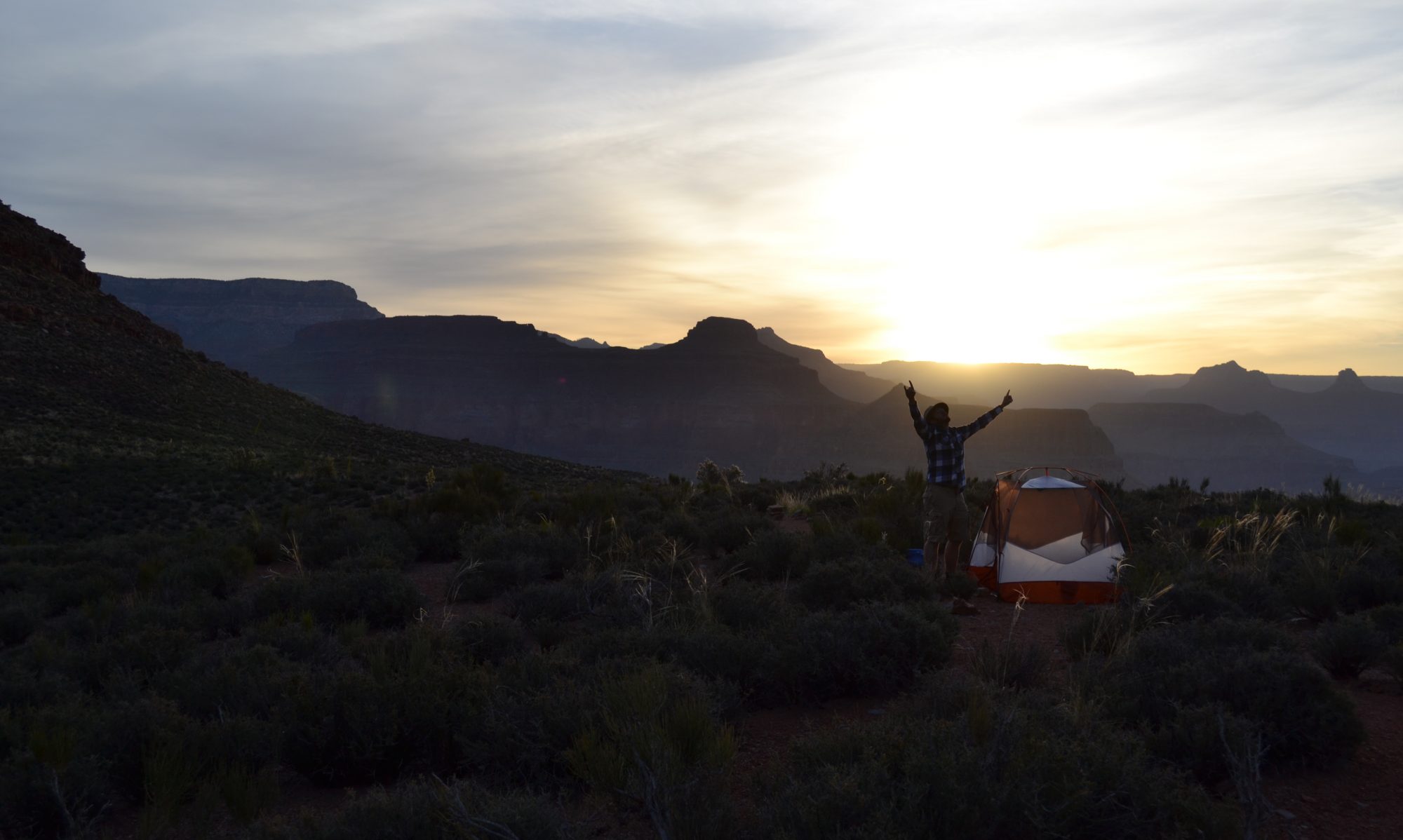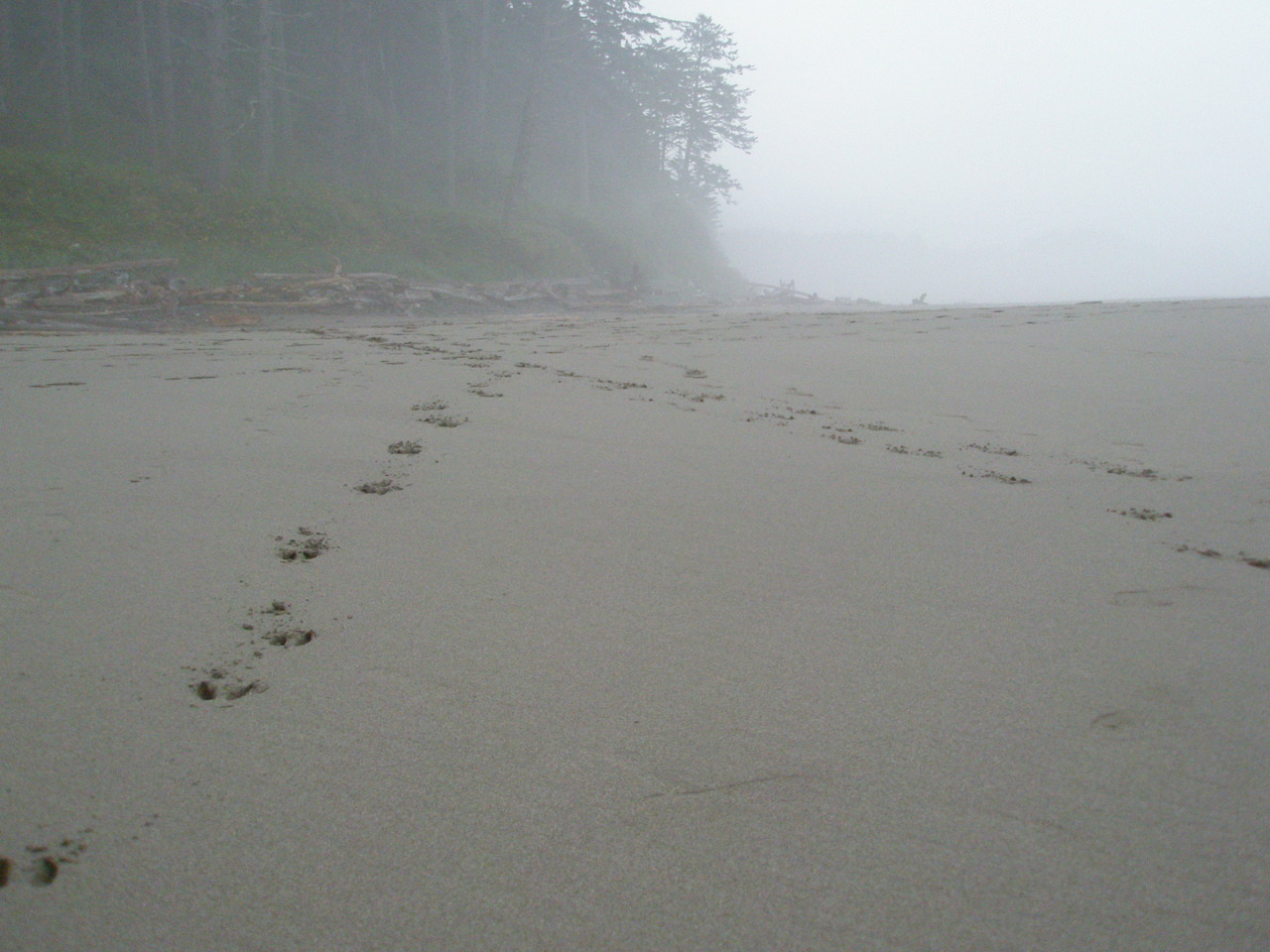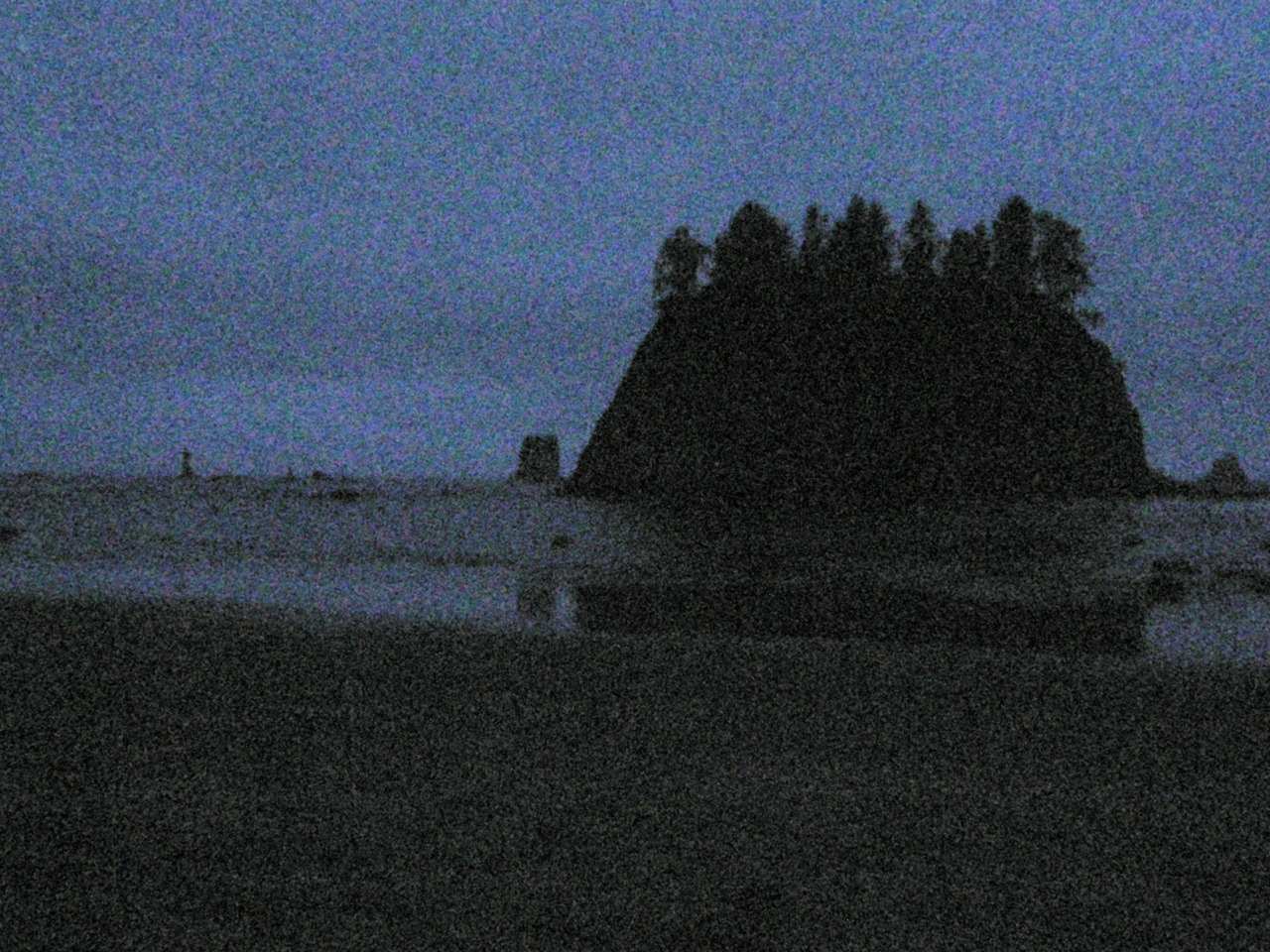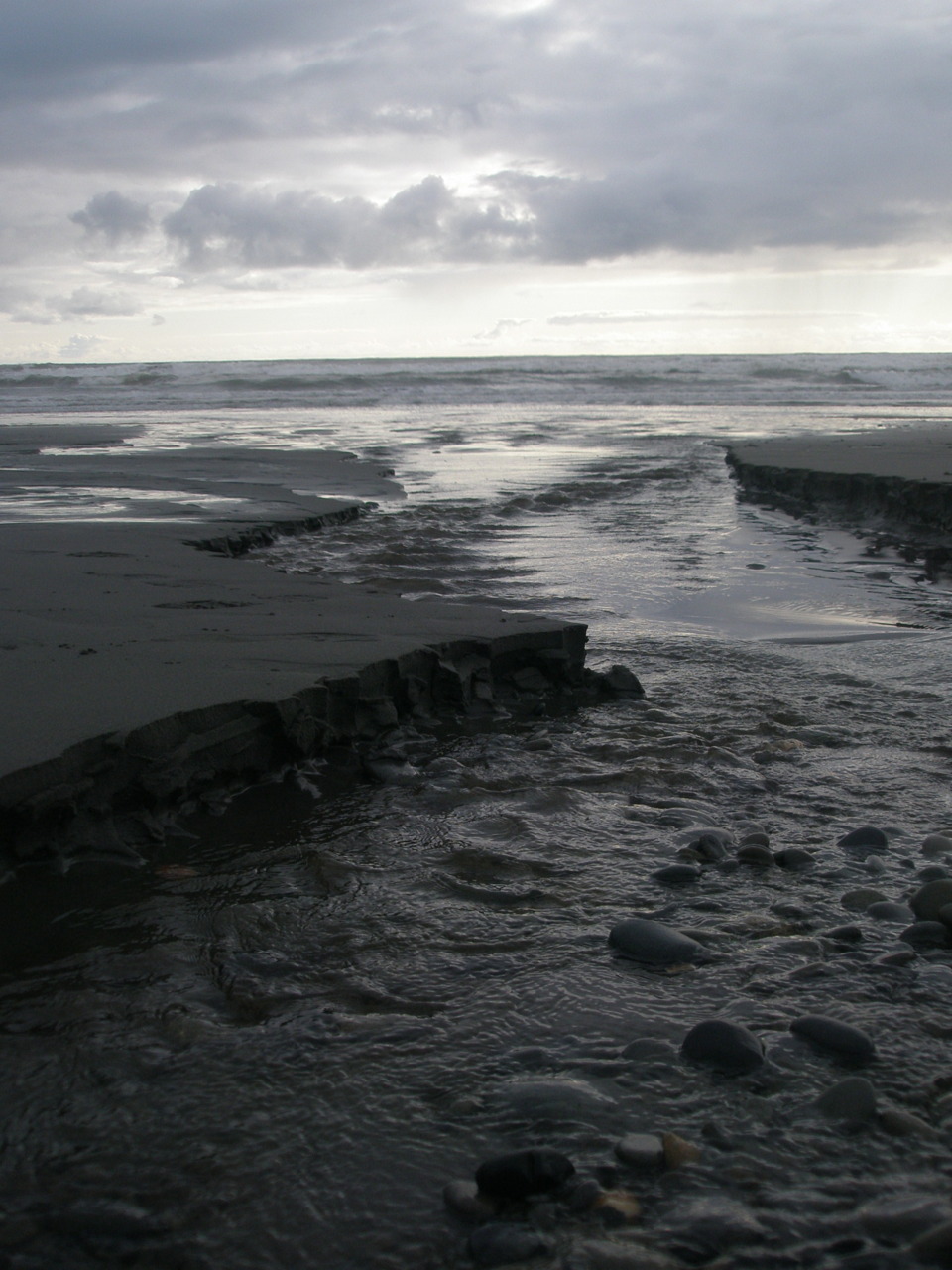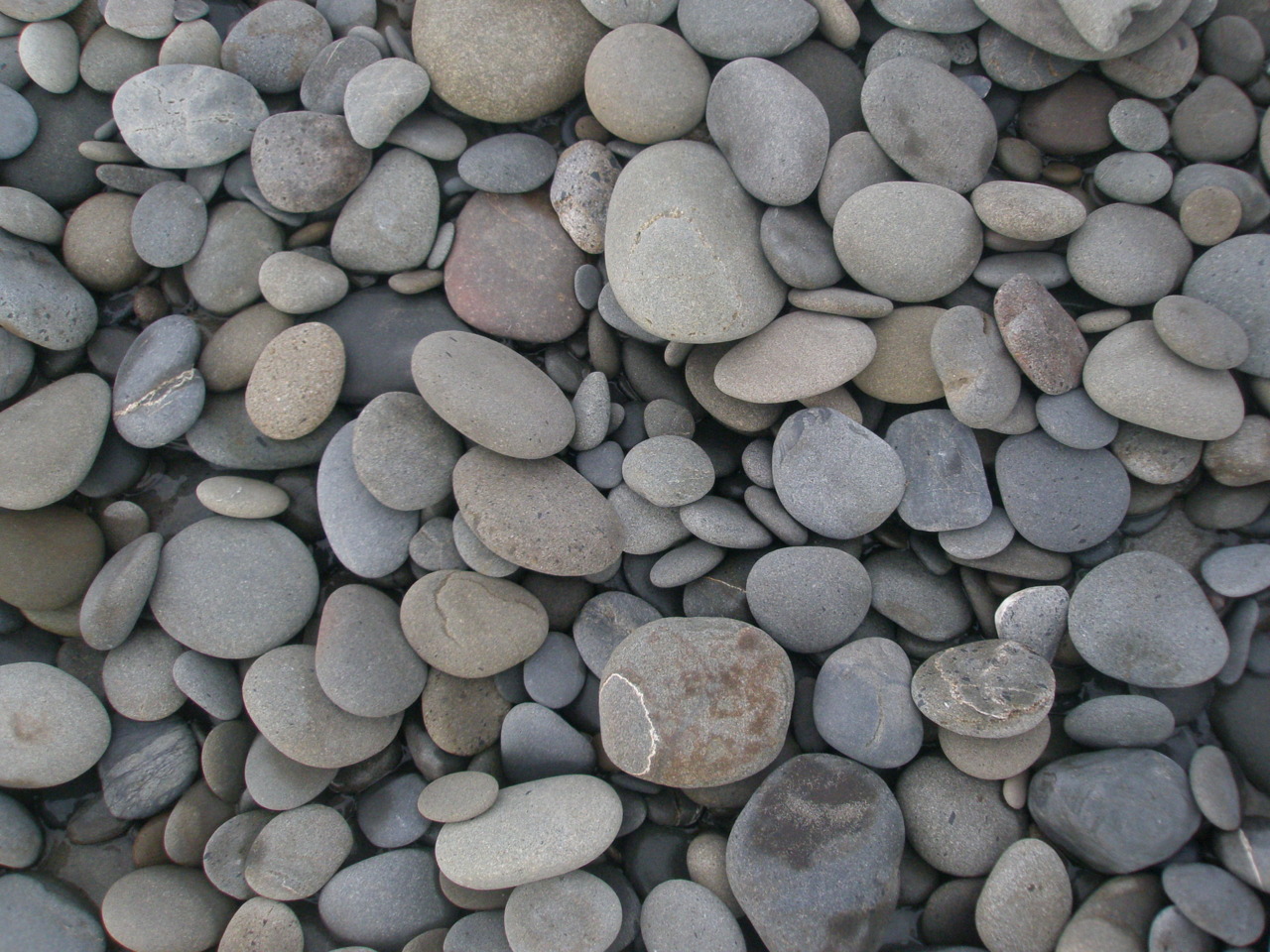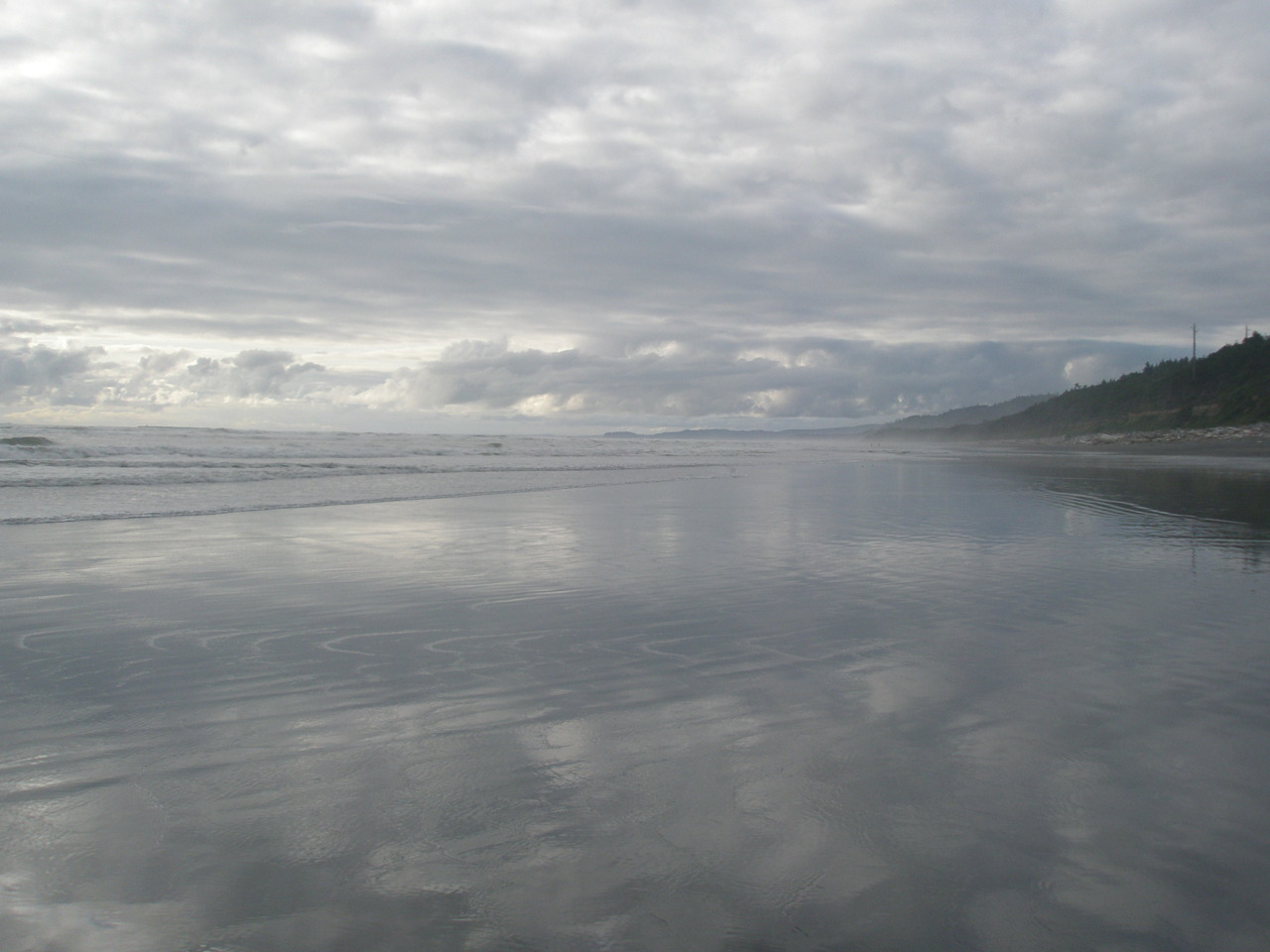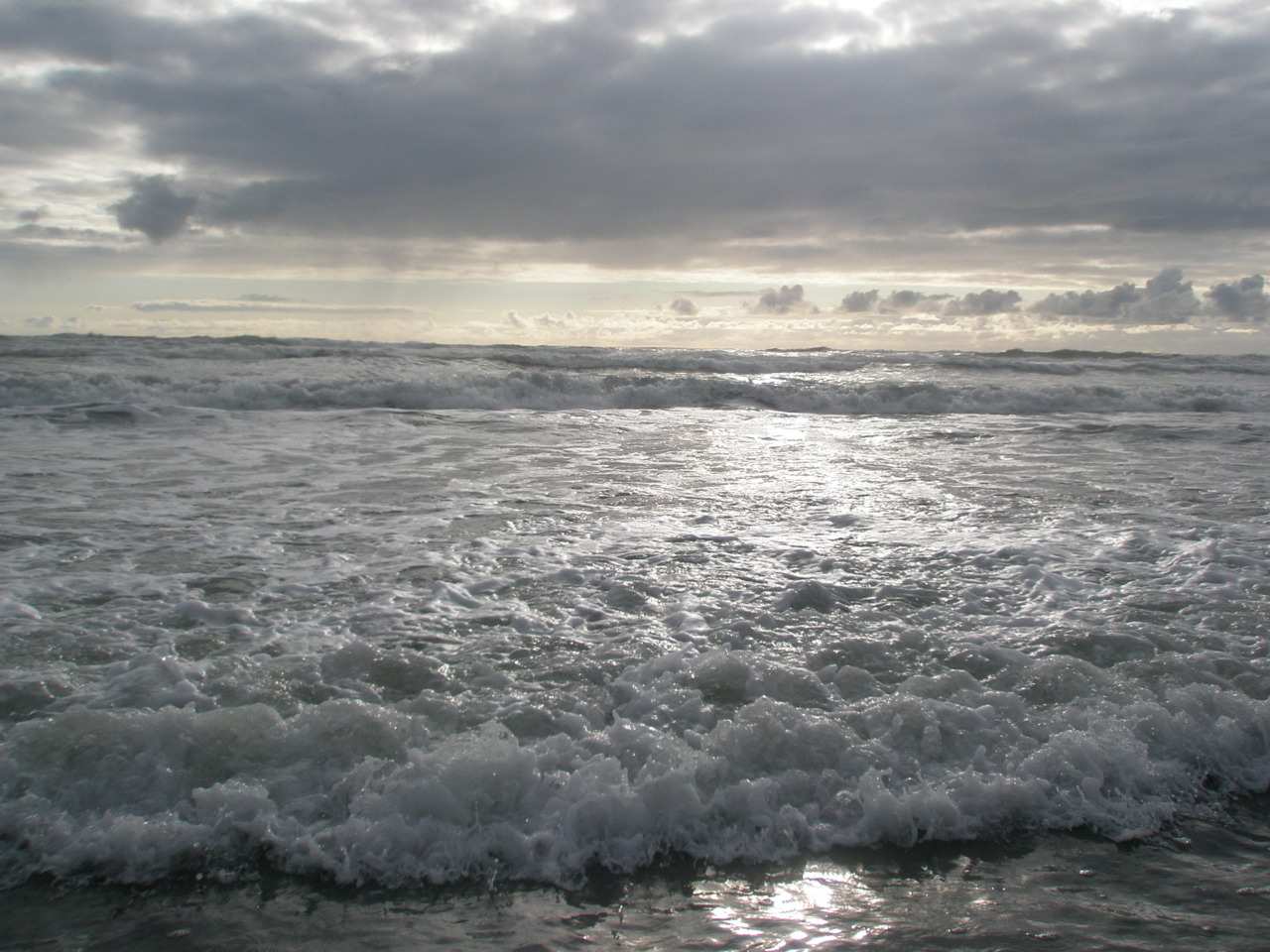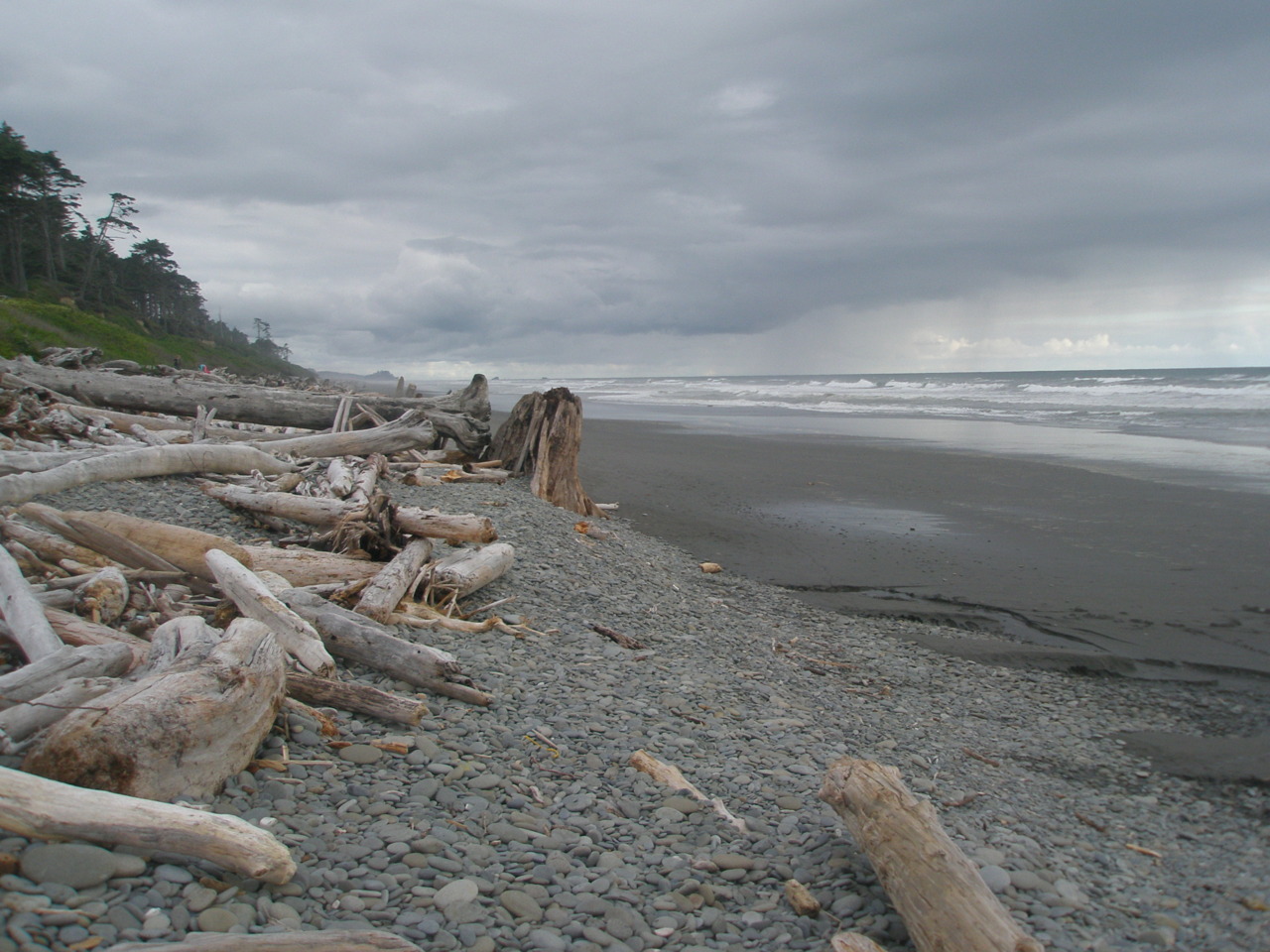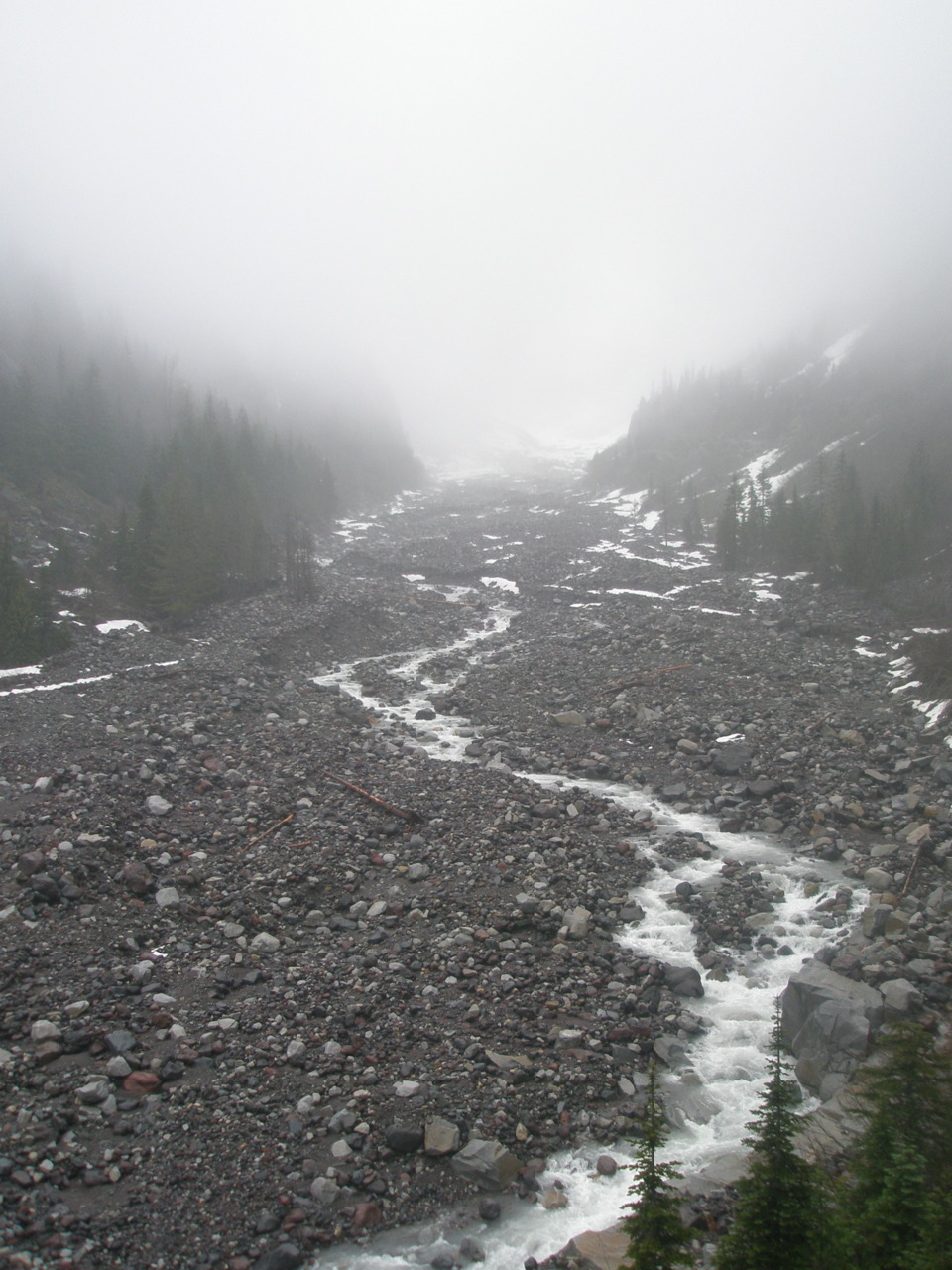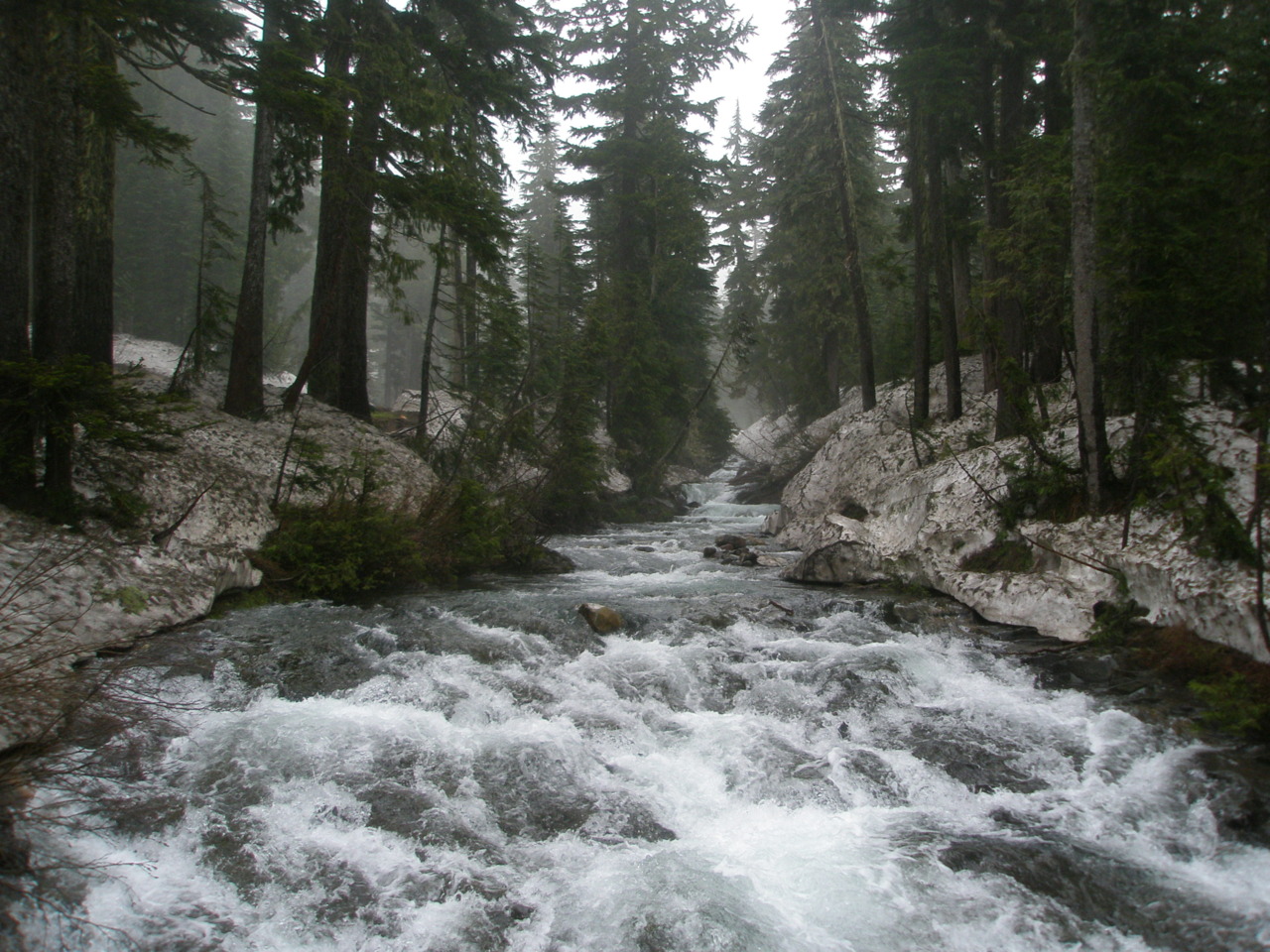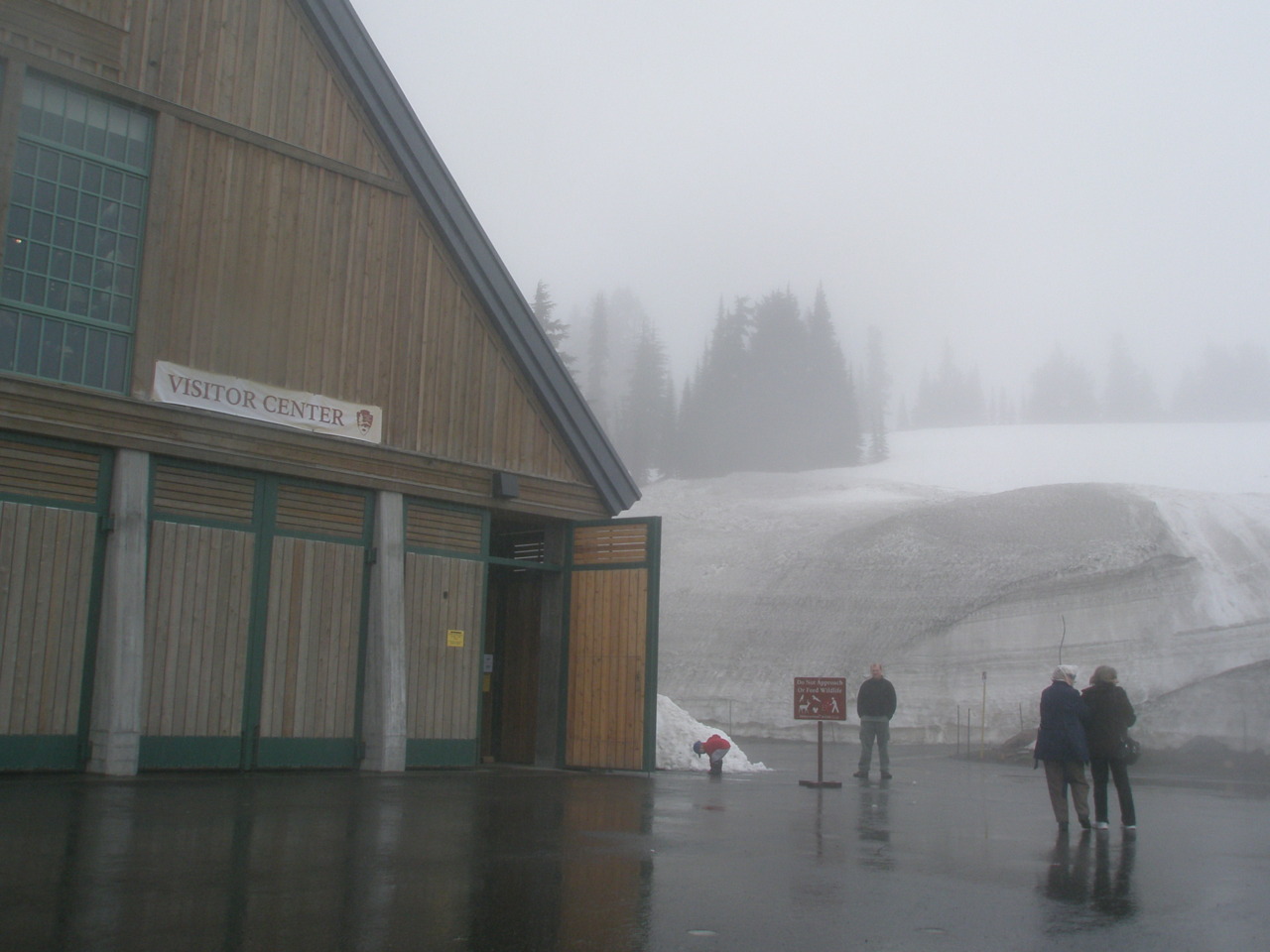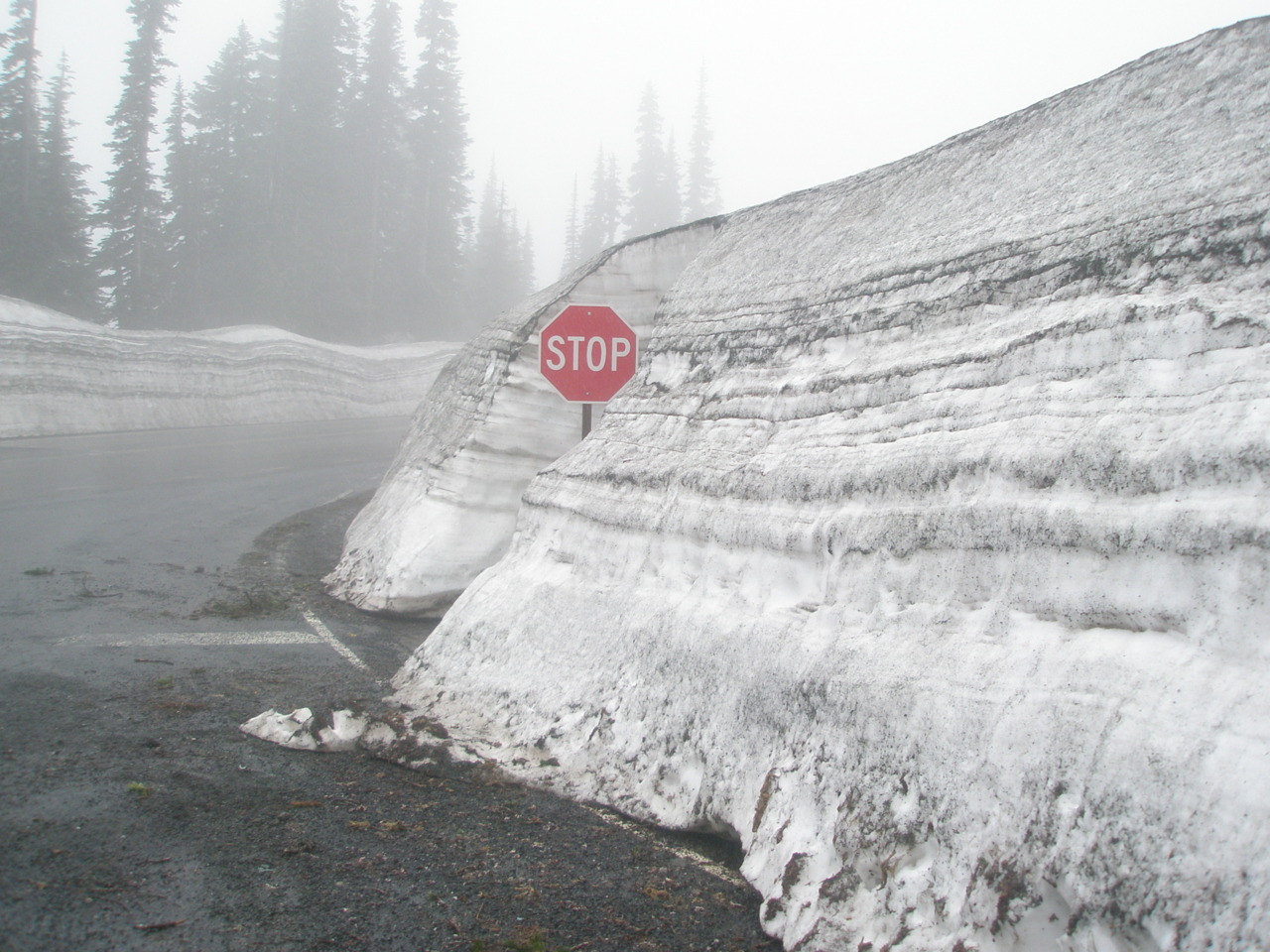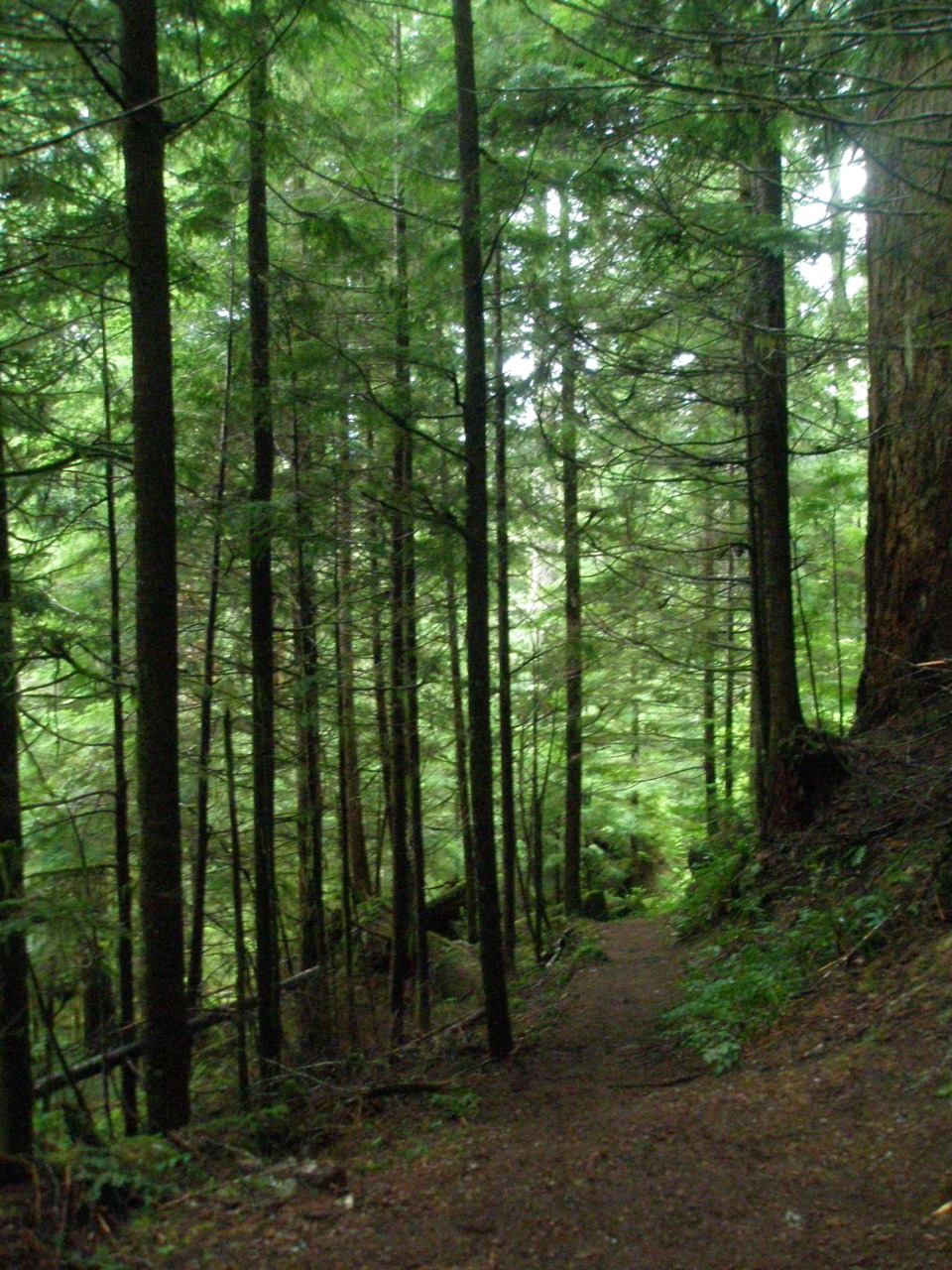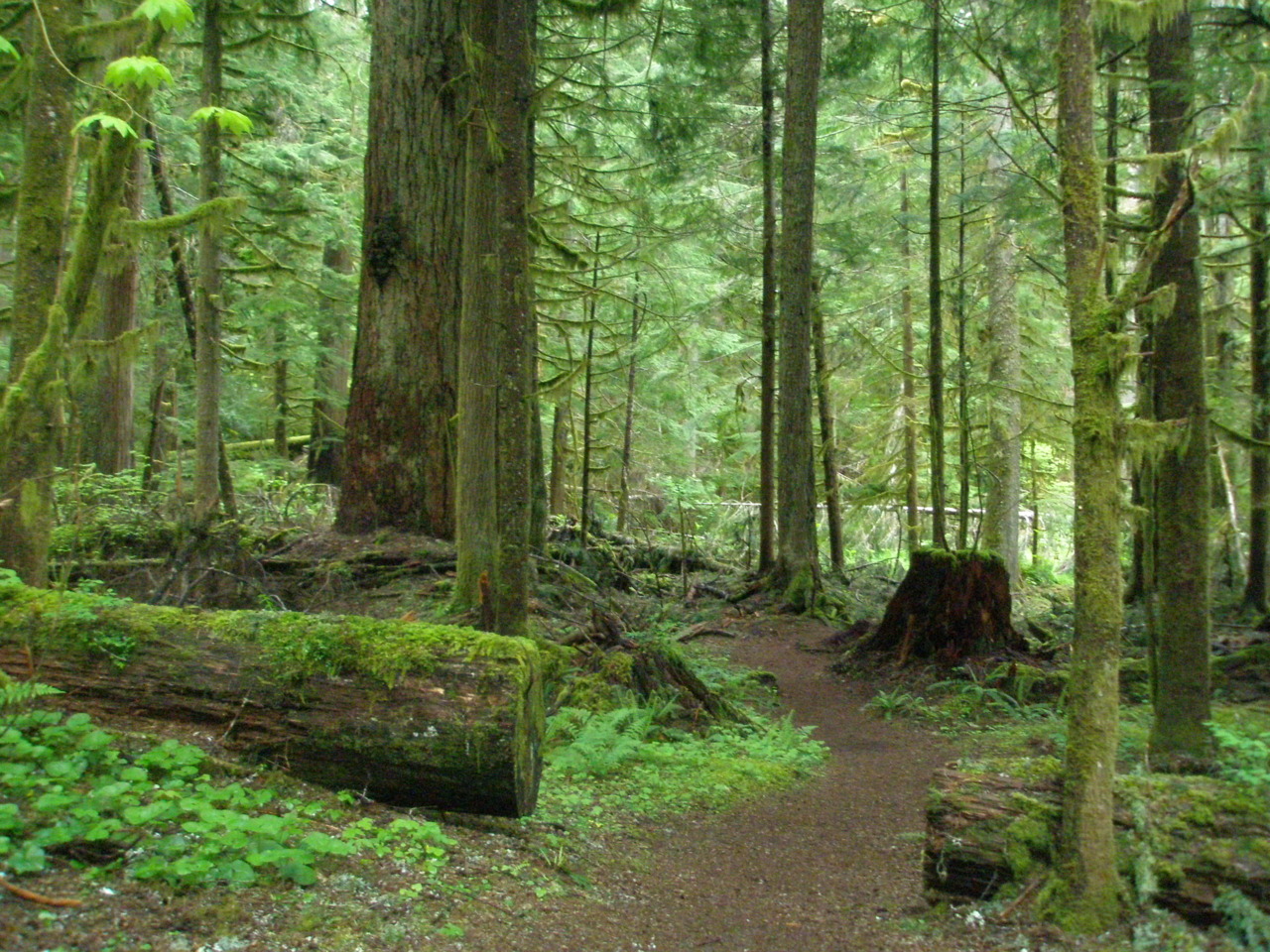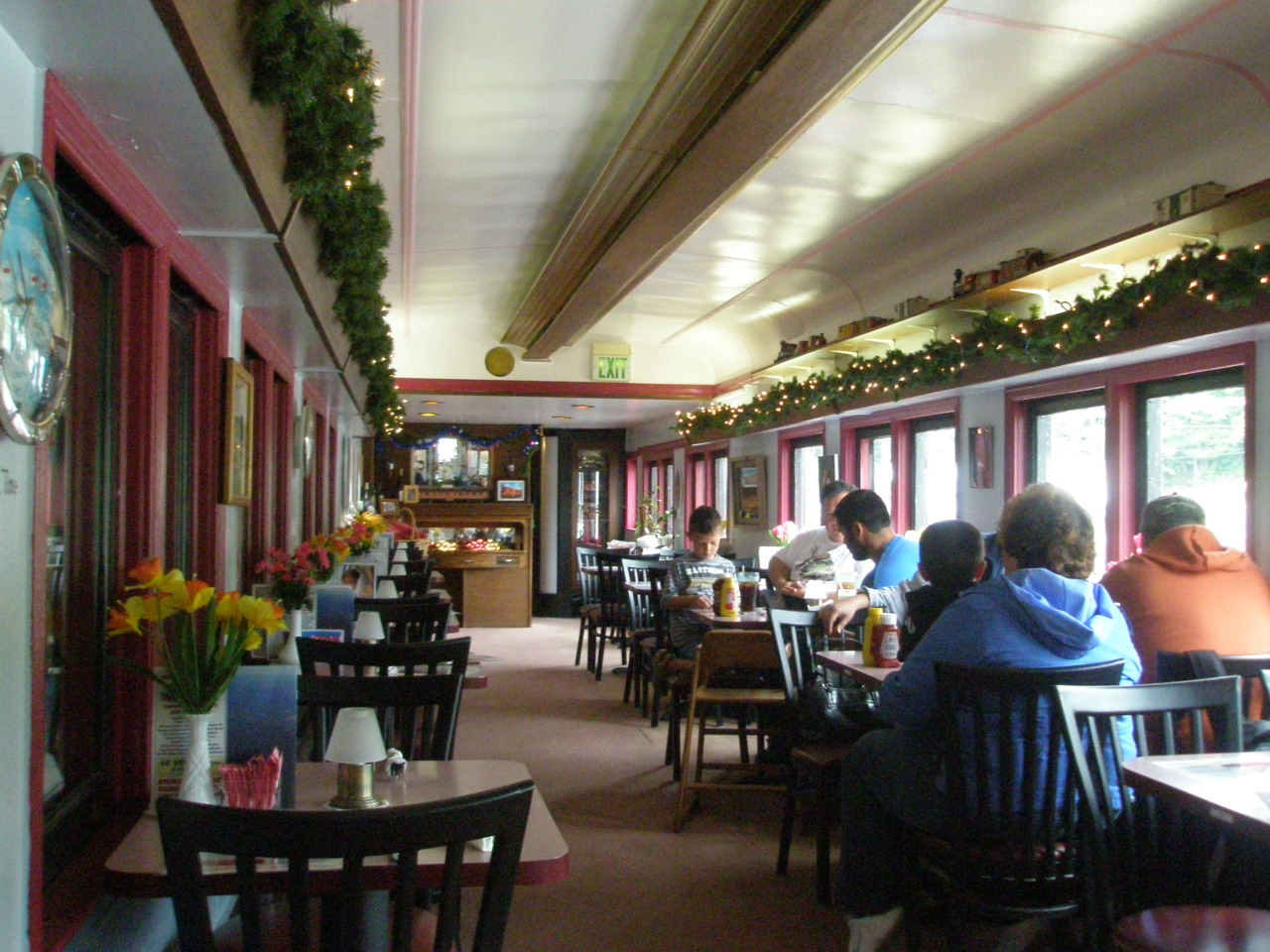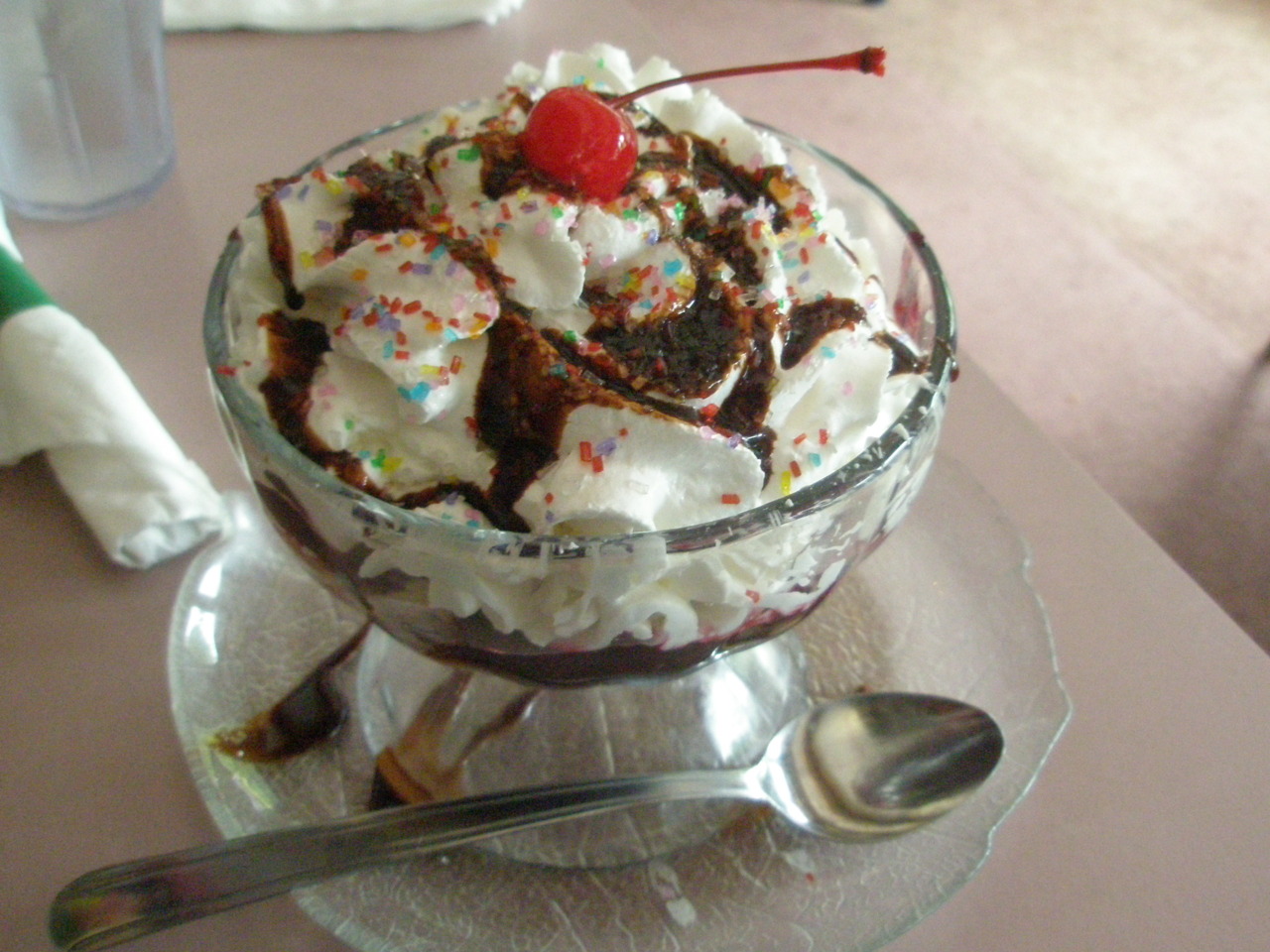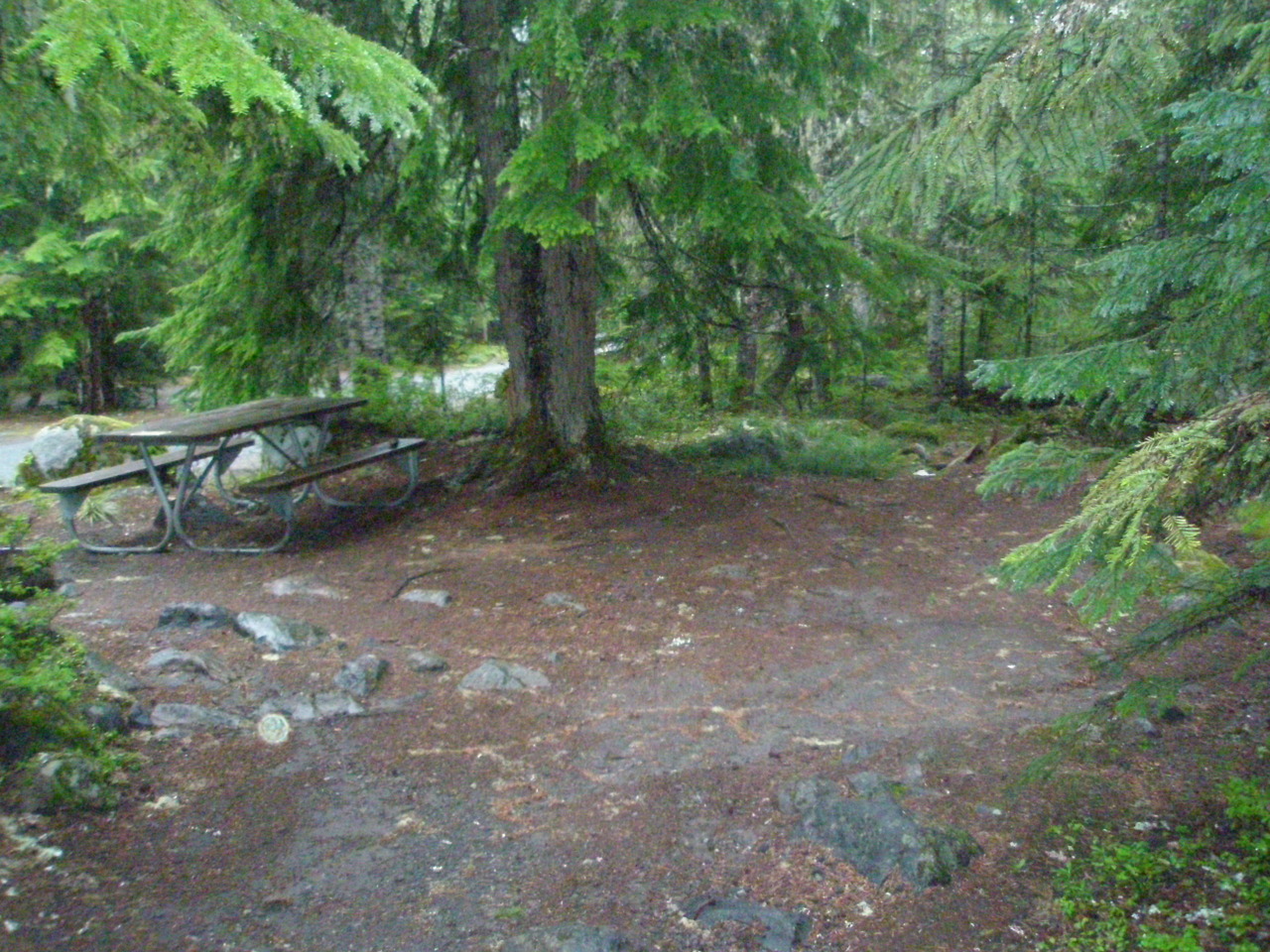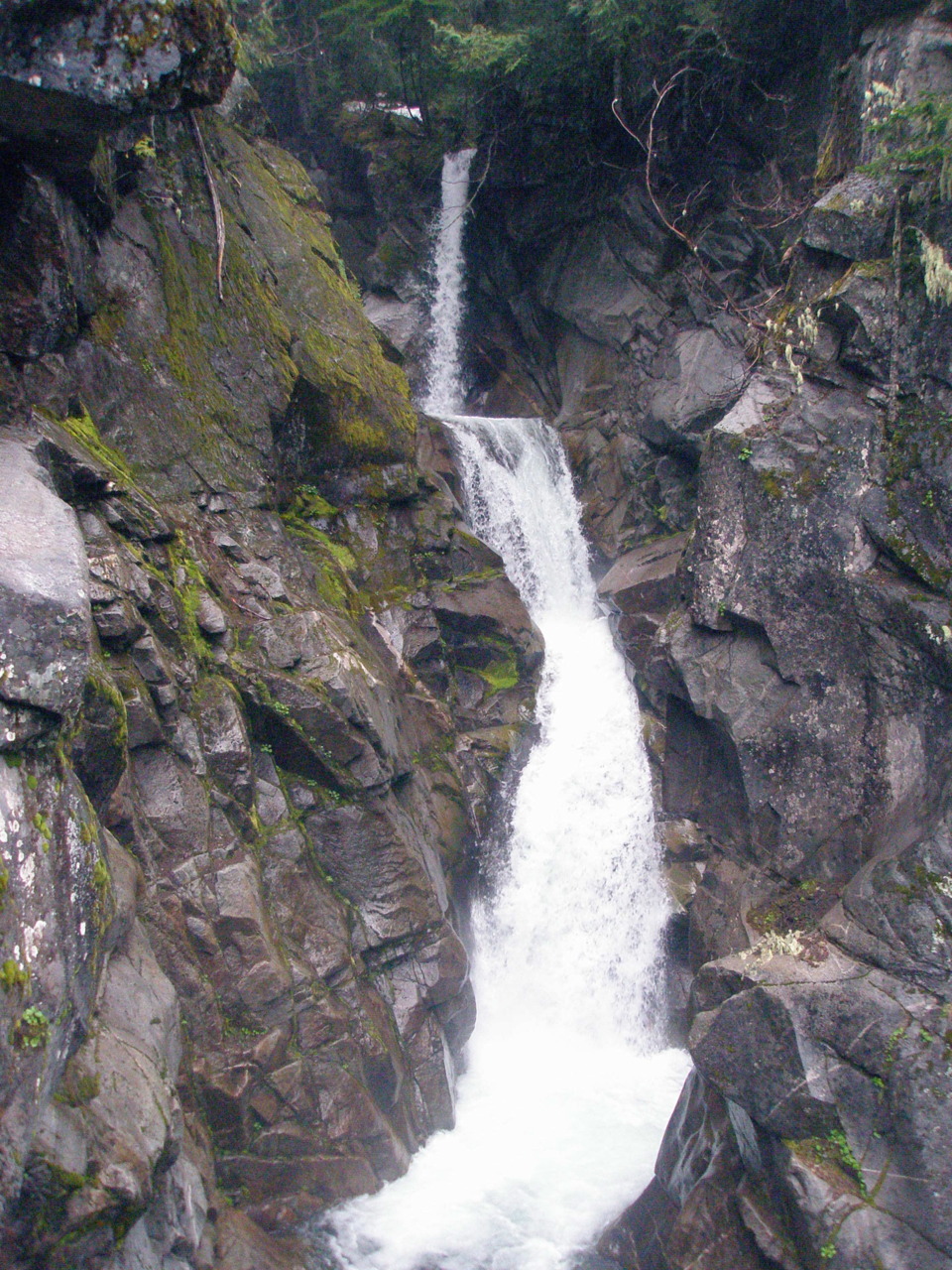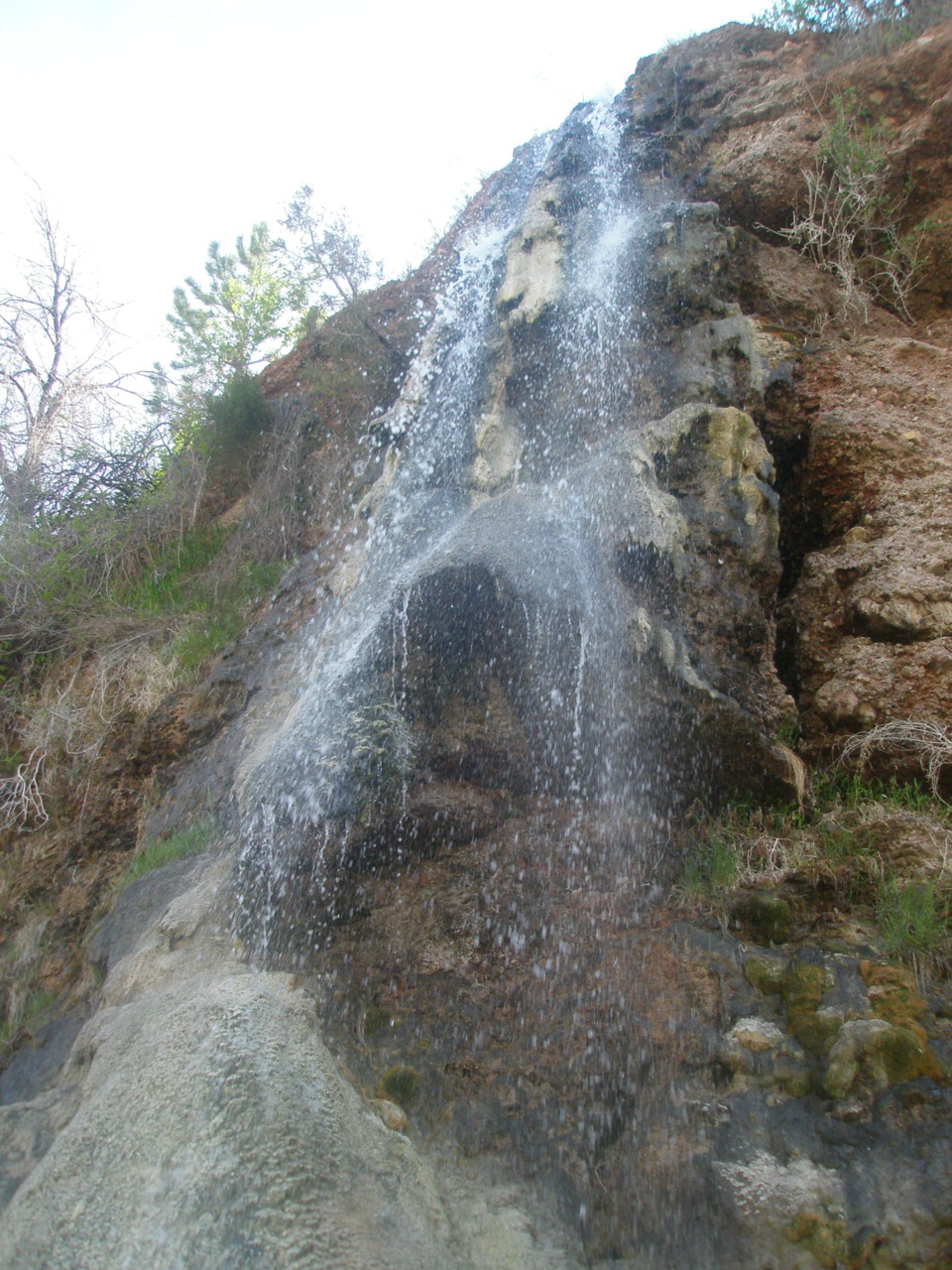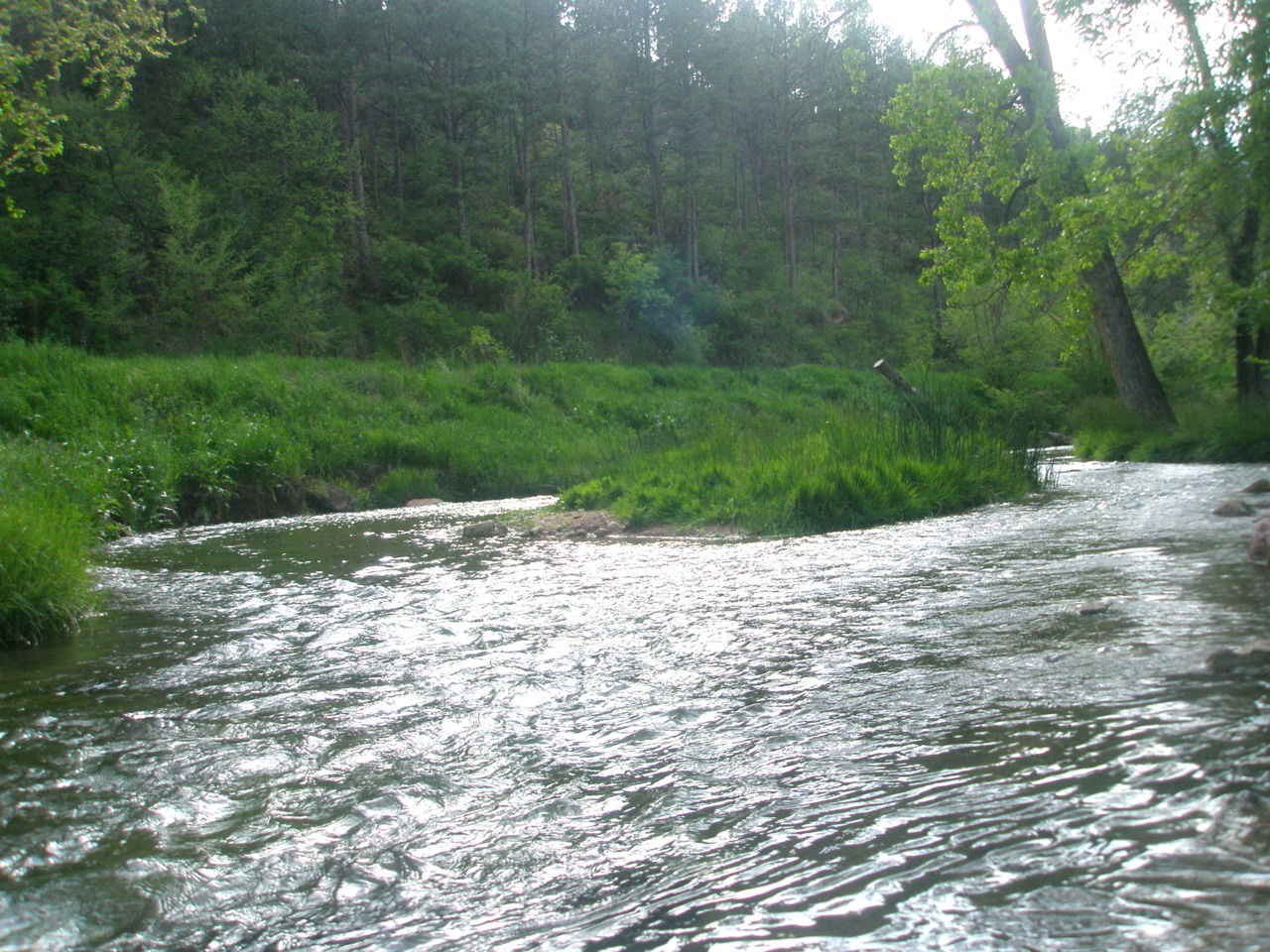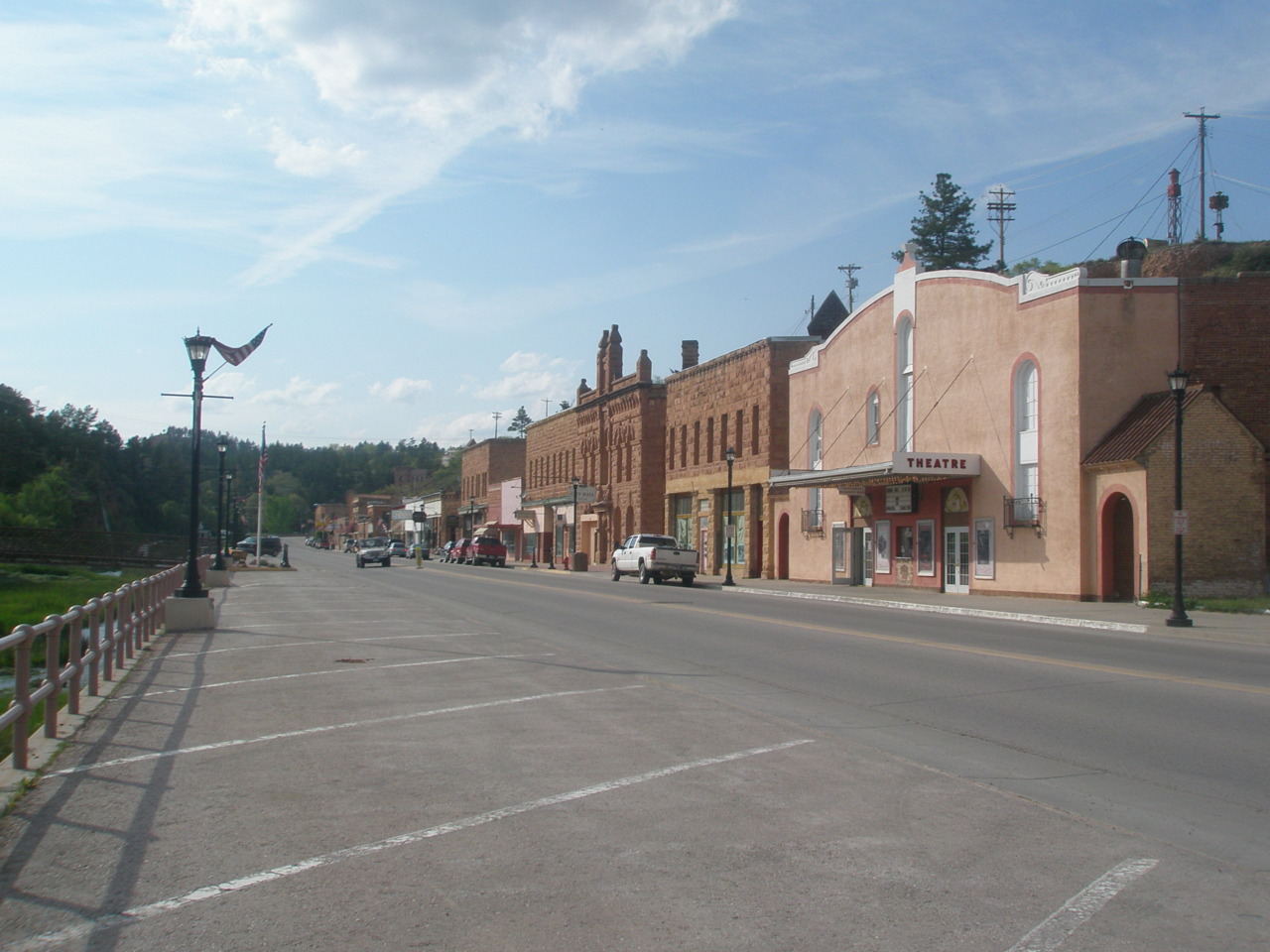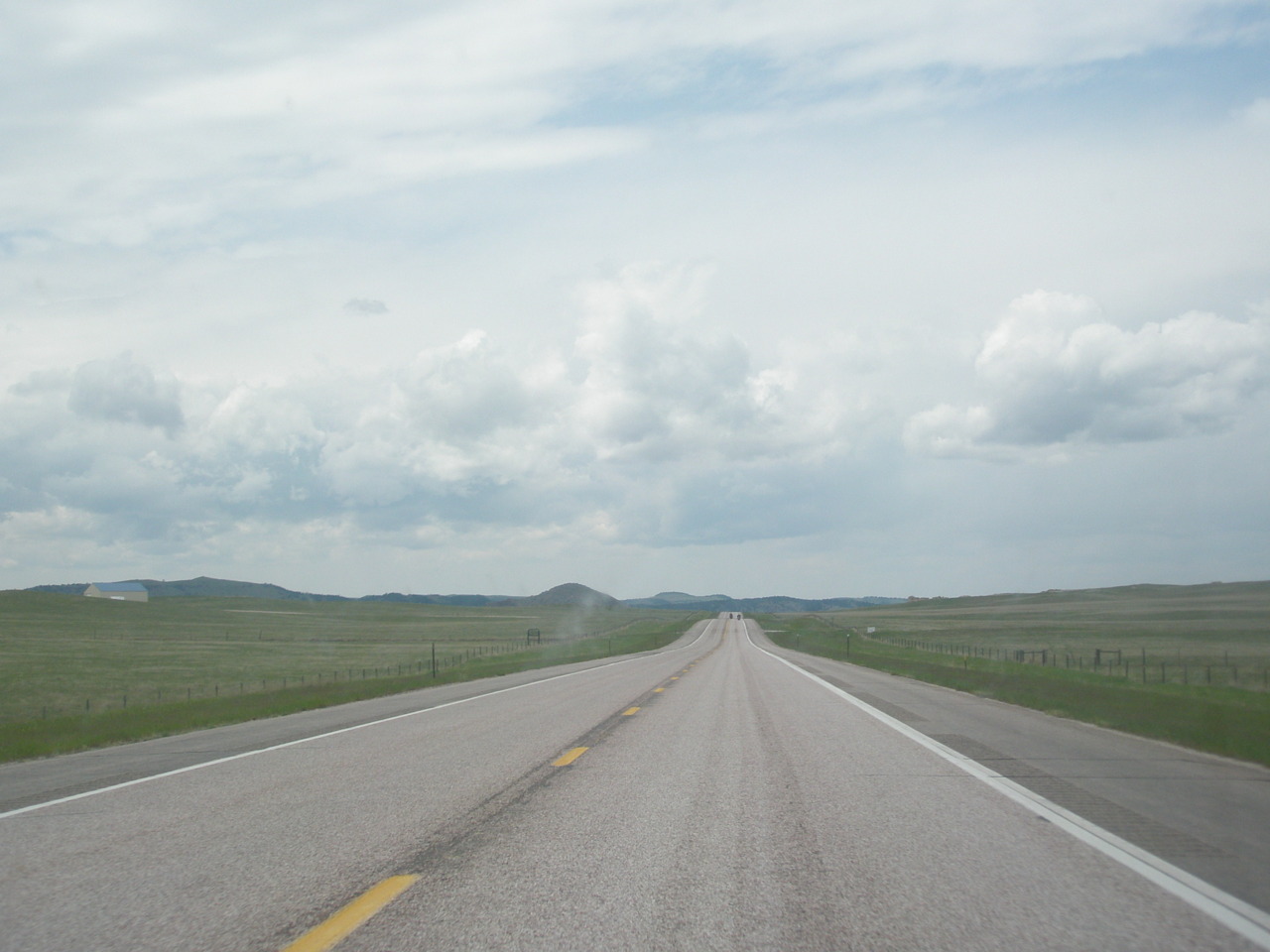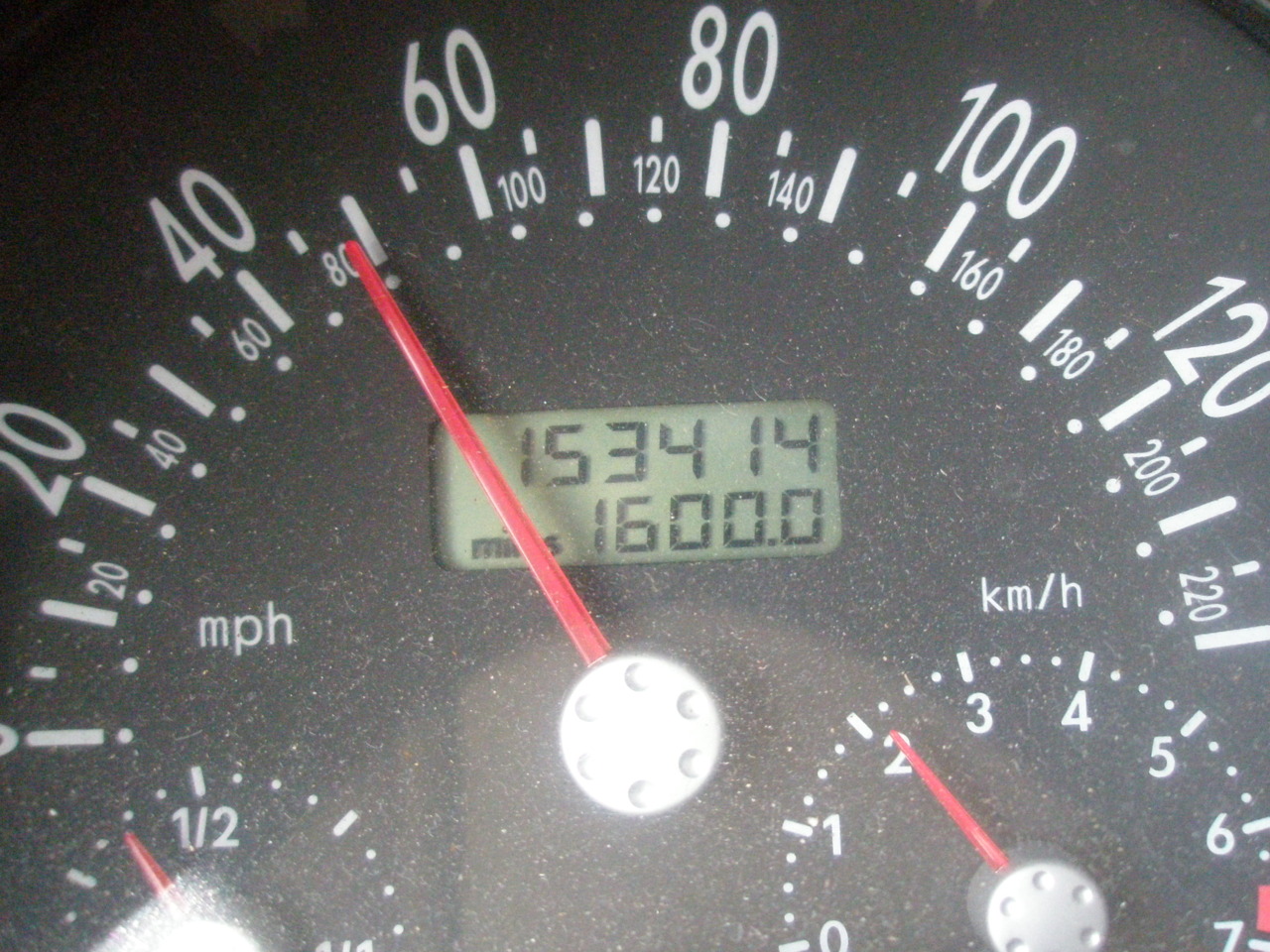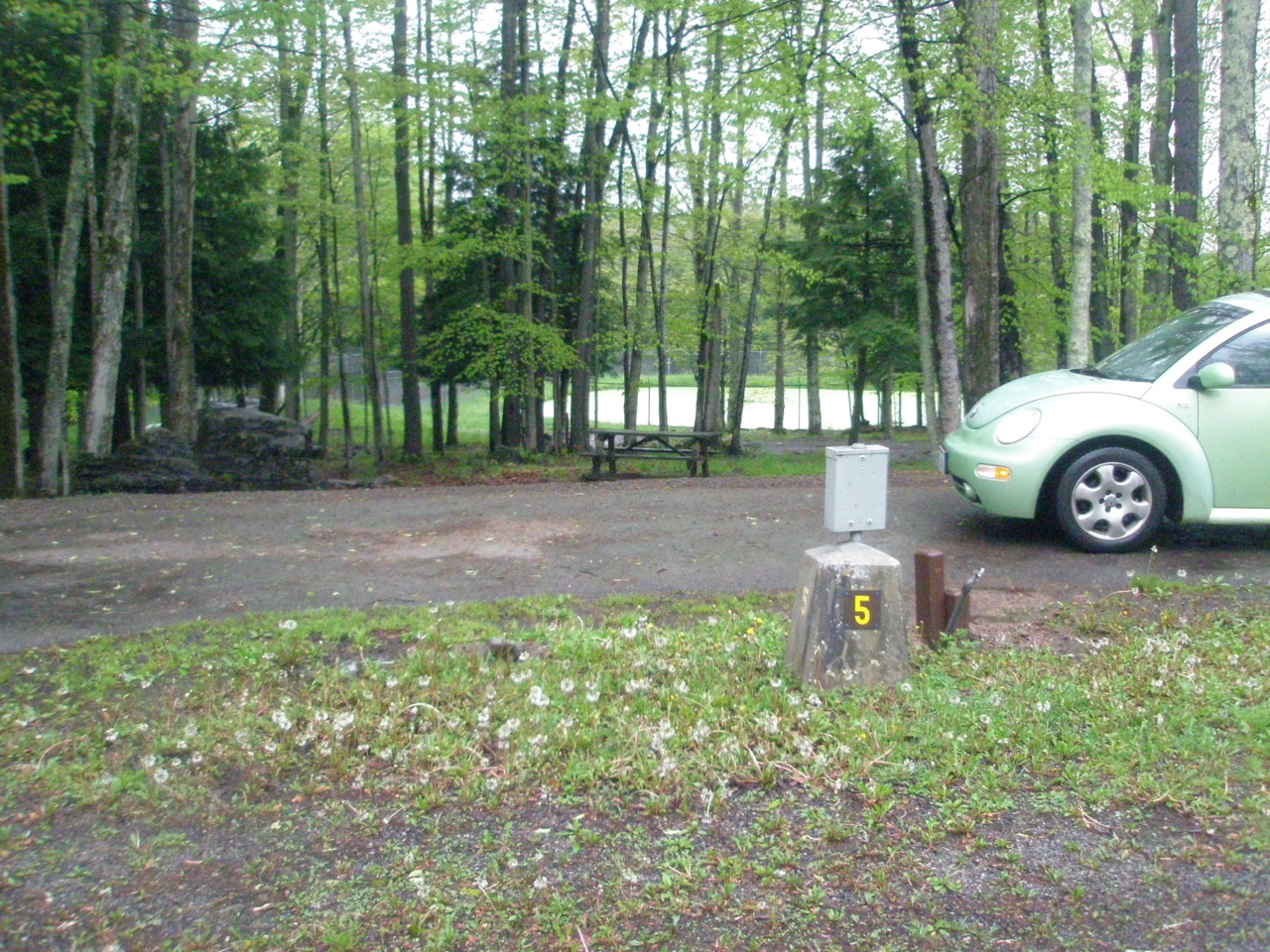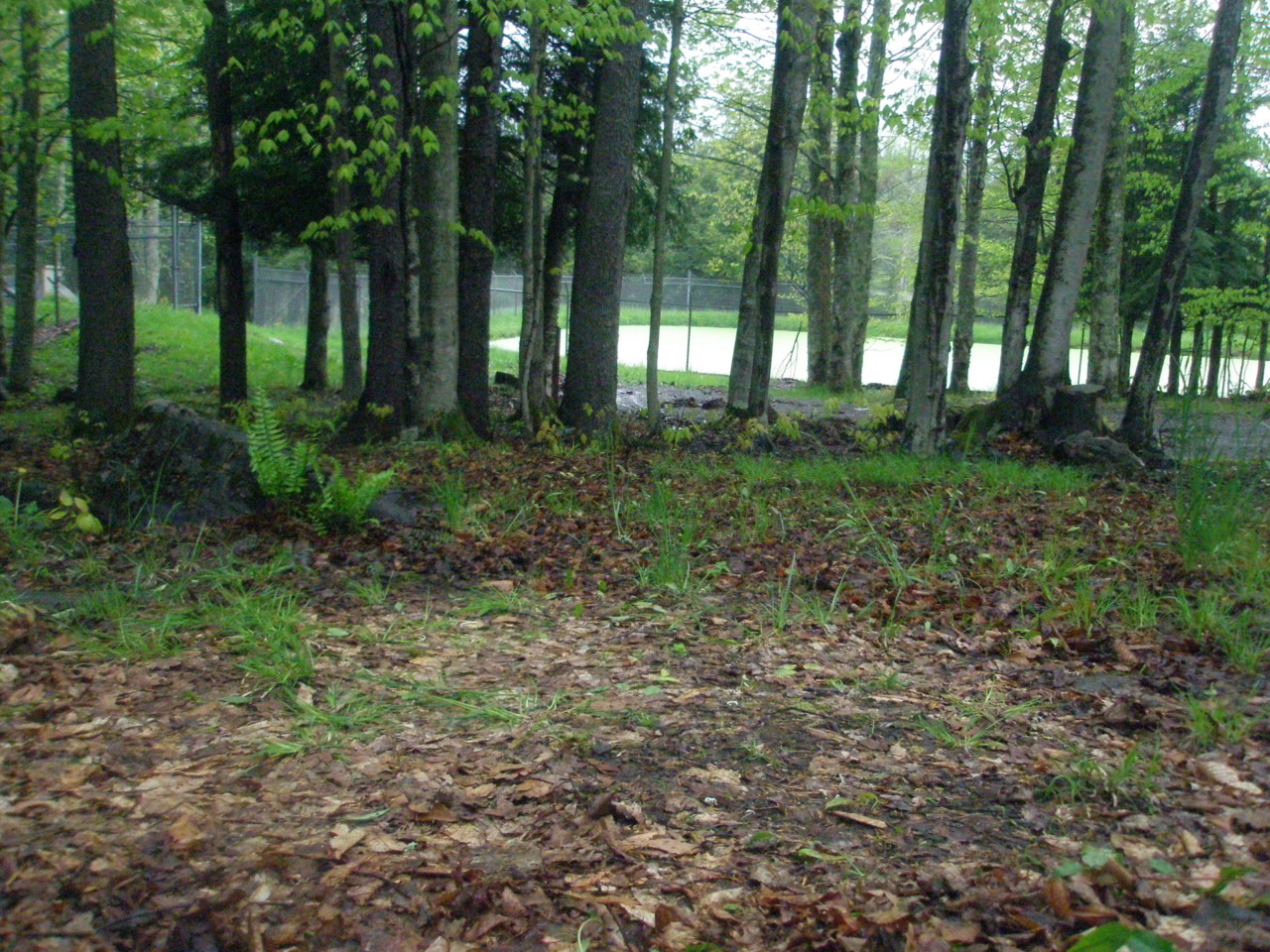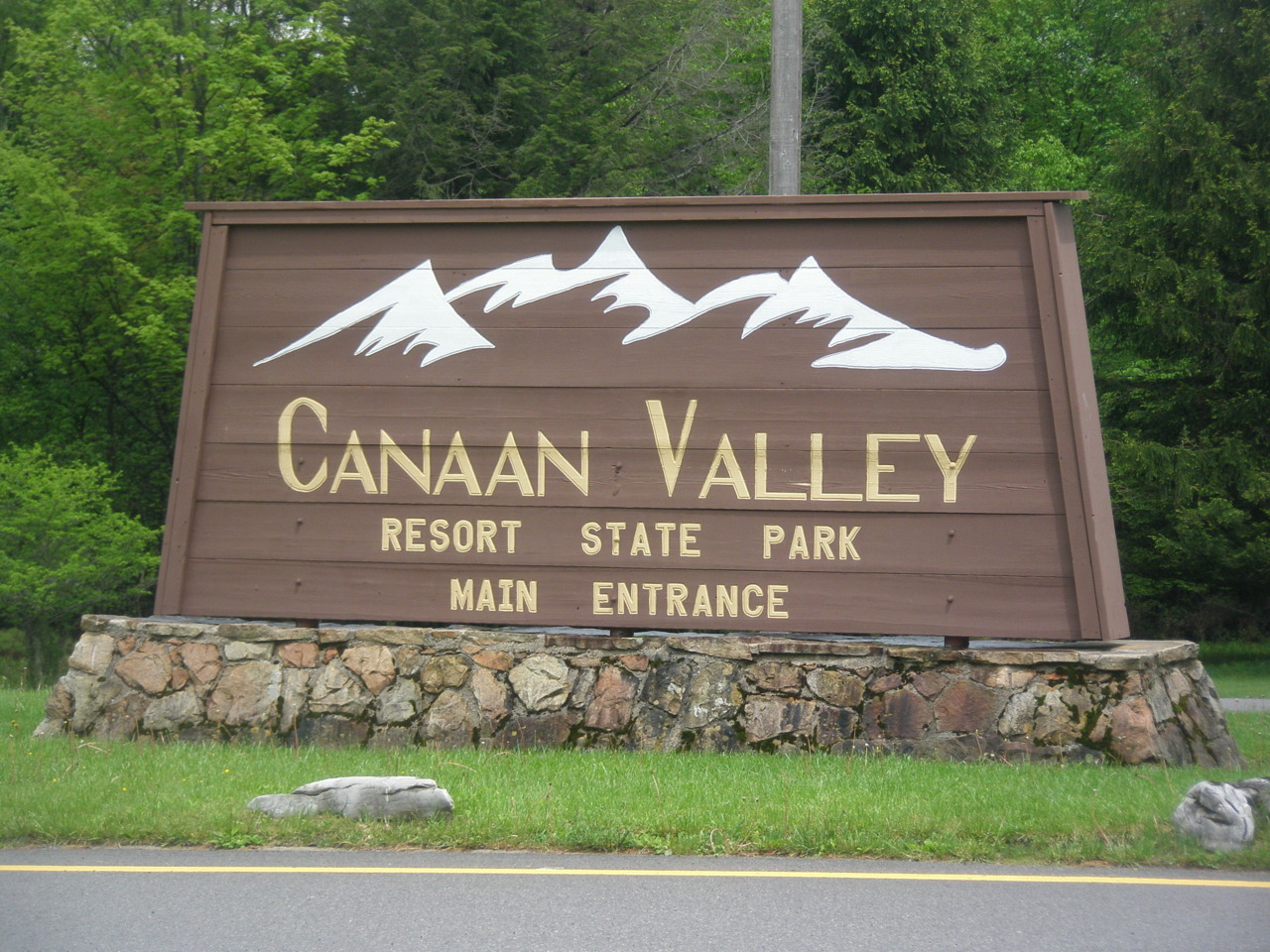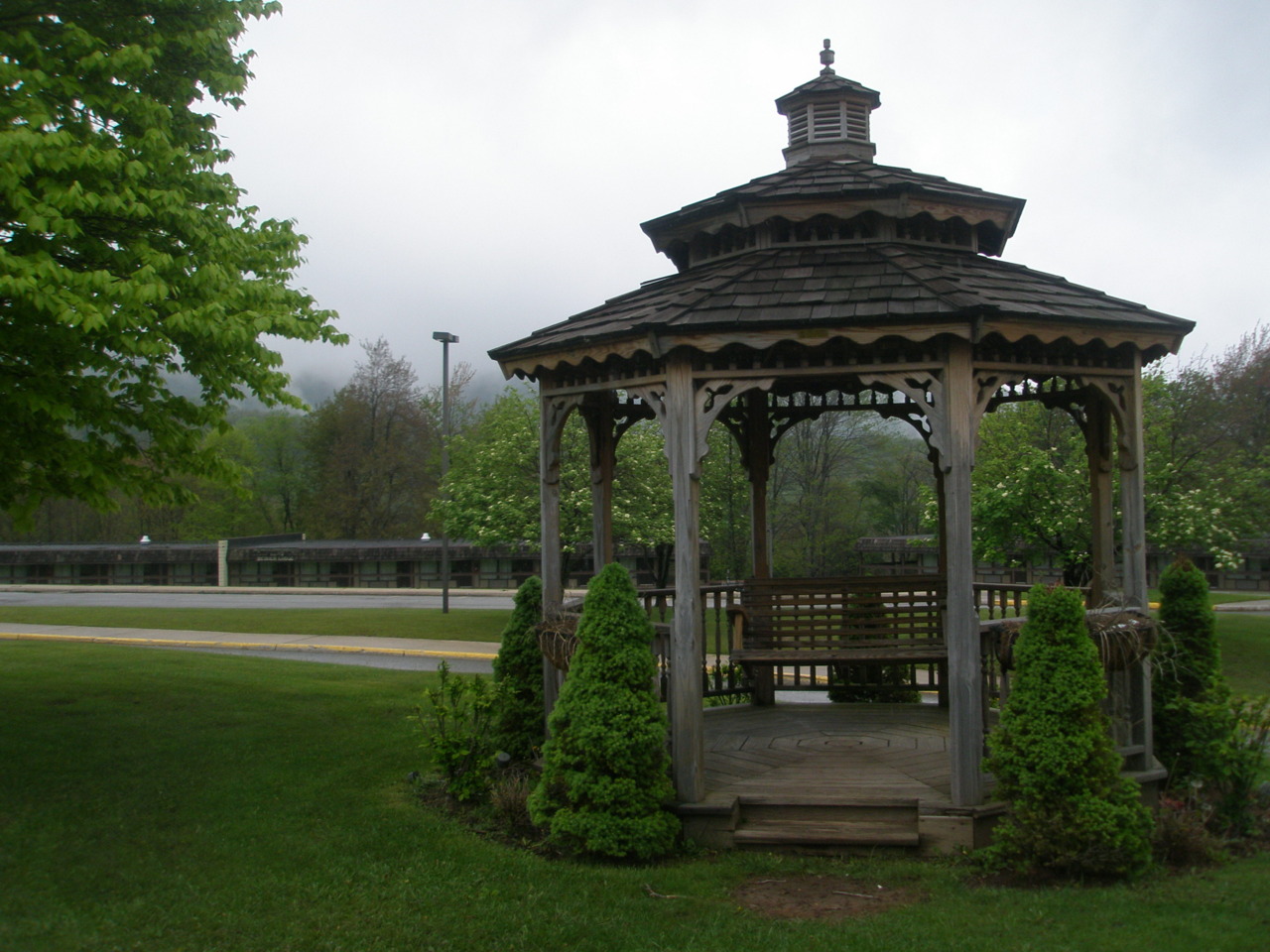1/6/14 – 1/7/14
At 4:30 am I was up with the rooster, but before the birds and sun. I blindly packed my things in the dark, not wanting to wake my hostel mates with a bright light. By 5am I was making my way down the dirt road, bogged down by my 45 pounds of luggage, a newfound dog-friend trotting briskly by my side. A Taxi seemed expensive and I honestly had no idea how to call one anyway. I got to the airport at 6am, a half hour early for my flight, unsure of what airport logistics would look like here. I was the first one there. The pilot was in the back still having breakfast, clearly on Tico time, not at all worried that all of his passengers had yet to show up.
As soon as the pilot saw me, he scolded me for carrying too much weight. At first I thought he was concerned about the plane (though me+my luggage probably equals the weight of an average person); but eventually I realized he was questioning my back-packing skills. I mean…he was right. I was quite the site to see with one 70 gallon bag on my back and another smaller bookbag on my front. The pilot, a little shaky with his English, then proceeded to act out me sinking into the mud and unable to get out. I didn’t need much more convincing than that. He shoved a couple of plastic trash bags in my hand and showed me to a room where I could store my stuff. The room was small with a single made bed in the center, the door opening out into the main area of his “terminal.” I dumped my smaller bookbag and half the contents of my backpack into a corner on the opposite side of the door. I was relieved to get rid of so much stuff.
Soon two German couples arrived – one younger, one older. All of whom looked like they were carrying nothing. Of course. WTF. I still must have had the heaviest pack. I carried:
– 2-person tent
– fleece sleeping bag liner
– (1) change of clothes
– (1) swim suit
– roll of duct tape
– knife
– bandaids
– jar of peanut butter + plastic spoon
– Jetboil stove
– Easy Mac
– (2) 1-liter water bottles
– Steripen water purifier
– headlamp
– camera
– notebook+pen
None of this seemed terribly superfluous. What did they bring? From the looks of it, a small water bottle and a camera. Maybe a change of clothes. Hard to tell. Wasn’t I warned this was a strenuous hike through the jungle? And that there would be limited provisions at the main camp, La Sirena? Cause no one else seems prepared for that.
The pilot handed me my park entrance/overnight permit as the six of us piled into the plane. From the air, the whole Peninsula looked like an unending sea of trees, undulating through hills and mountains to the ocean. It was gorgeous, but I was distracted. Did I really just leave my laptop and half of my belongings in a unlocked room with a stranger? Because fat chance those are still going to be there when you get back in two days. Way to think that one through. And what do you know about this pilot? Did you see a license anywhere? And what happened to finding a group of people to hike with? Are you really going to try this alone? Which German couple speaks the most English and looks like they know what they’re doing? Maybe you could creepily stalk them on the hike out. You know, don’t cramp their vacation, but stay within shouting distance in case you get attacked by a howler monkey. Would your vocal cords be able to compete with a howler monkey’s? Maybe I should practice later.
Thus was my thought process as we bounced into a landing on the grass runway. At least that part was over.
The lodge was almost like a one-story beach house on the Outer Banks. A tall stair case, filled with muddy shoes on either side, lead to a wrap-around porch with rocking chairs and benches looking out onto a grass field. A small museum was housed in a larger room to the left, the ranger’s office to the right. I walked around a little to try and get my bearings. Boardwalks led to a dining hall, dorm rooms, bathrooms, and an elevated camping area. It was rustic – the showers would inevitably be cold – but this was not Bear Grylls survival time. Solar panels connected to a battery storage reserve even charged cell phones and laptops for two hours every night. I must have looked lost and confused though. The ranger came up to me, yelled at me for tracking mud in, and then asked to see my permit. To my surprise, the ranger informed me that the pilot had booked me a dorm bed. No way, I told the guy, I lugged this tent through all of Costa Rica, I was sure as hell going to use it. And I wasn’t going to put it under some sissy roof with a platform. I was going to camp for real. Because I could. So I did. I staked my bright orange and maroon tent right on the front lawn.
Overall, the ranger was less than helpful. As the sole ranger assigned to the station, I felt a little bad for him. That’s a lot of responsibility. Especially when you’re probably more interested in the biology than dealing with annoying people. But at the same time, I can’t be the first idiotic tourist to come through. Coming in, I thought the whole place would be packed, but if the pilot could find me a bed and anyone could camp out on the lawn, what was all the fuss about? I wasn’t really given a run down of the rules. I was scolded later for using my stove for a purpose other than boiling water – a rule I had not been told and which made almost no sense to me. I was told not to swim anywhere but at this one watering hole. But I wasn’t really sure what that one watering hole was called or where it was located. There were no maps, save one of the surrounding area that looked hand drawn and was tacked to the wall. For the hike out, there was a tide chart so you knew when to cross the rivers, but it didn’t say how many miles it was to the crossing points. This is perhaps my biggest pet peeve: not having all the information I need to make the proper decisions. I am smart. I have hiked before. I can read. But how was I going to get out of here if I couldn’t even find the trail head? And while online reviews of this hike made it sound commonplace to go in without a guide, I didn’t see a single group without one. Who could I latch on to now? Could I just get up really early and trail a couple of guides?
My savior came from the latin word for luck: Felix. I had decided to stop worrying and relax with my jar of peanut butter on the porch. I still had all day to wander around La Sirena, and could maybe even meet people at dinner. I was still convinced I could do this on my own if I needed. If I couldn’t find the trail, I could find the beach, and it would be a straight shot south from there. Seated next to me on the porch, absorbed in his Samsung Galaxy, with his feet propped up against the railing, was Felix. He had apparently been watching me the whole time, observing me looking scrambled and confused and in need of help. And I guess he decided to adopt me. This happens more often than you think. Maybe it’s my face. I belong on one of those Sarah McLachlan help a wounded puppy commercials. I don’t remember what he struck up a conversation with me on, but mid-way through he revealed he was a guide, and by the end had convinced me that his clients, a very nice, young Swedish couple, wouldn’t mind me tagging along.
I had rejected getting a guide so vehemently that it was tough to adjust. Yes, they seemed really expensive. Way beyond my budget. But my real problem with guides is that I always feel like I should be taking notes. That somehow if I could just remember every detail or fact they spew out, the experience would mean more. I’m intimated by how much they know. Which is great for keeping your ego in check, but also harmful in de-valuing your own instincts and first impressions. Guides tell you what to think, instead of you forming your own opinion. At museums, I like to wander around by myself first, before appending my tour with a formal guide. On the trail, I start to just follow the person in front of me rather than pay attention to my surroundings. Felix and I would get into debates on this. “You see more with a guide, it’s safer” he kept stressing. I didn’t debate the safety aspect. But, while Felix was amazing at finding animals and pointing them out to you, I didn’t want to see more, I wanted to feel more. I wanted to experience living at the edge of an untouched national park – get back to worrying about the basics of water and food and shelter and forget about the rest of the world. Close my eyes and listen to the sounds of the forest, not dash from one activity to the next. Maybe I’m weird. I’ve been described as pokey before. I am sure most tourists are interested in seeing the most stuff with the least discomfort. Obviously you shouldn’t be me and try and do it alone, I didn’t even want to do it alone, but if you’re an experienced hiker and have a group and seek out all of the information I couldn’t seem to find, I’m still not completely convinced you need a guide. If you have never backpacked or are at all uncomfortable with the outdoors or are by yourself, hire a guide – they will become your best friend.
At dinner, I met up with the guy who had to told me to try the airport to get a pass into the park. He was guiding the trip I had originally wanted to do: enter through Los Patos, spend a day wandering around La Sirena, hike out to La Leona/Carate. I was jealous. When he talked about his hometown, Matapalo, on the tip of the Osa Peninsula, his eyes lit up with a genuine affection. Guides like this guy, Rudolfo, and Felix had to be tourism majors, memorizing hundreds of species’ Latin, English, and Spanish names, become certified guides through the government, and work relentless hours (Felix apparently worked Christmas and New Years this year) – all to give tourists like me a glimpse of the backyard they grew up in.
I stuck with Felix and the Swedes for a majority of the hikes at La Sirena and the outgoing hike to La Leona/Carate. The Swedes walked super fast – we finished hiking out all 12 miles before noon – I’m usually happy if I do 10 in one day. But we saw a ton. I climbed rocks and made the guides nervous and cooled off in a river and became mesmerized by the ocean and enthralled with the hermit crabs. The last few miles along the beach were some of my favorite. The whole world opened up. Macaws flew over our heads, always in life-long pairs of two. Rogue palm trees peaked out of the forest, stretching toward the ocean. I was not at all surprised to learn Jurassic Park was filmed in Costa Rica. I kept waiting for a T-Rex to come bounding out from the jungle. Of course, my camera had died by this point. But I don’t think a picture could have captured it anyway.
When we emerged from the hike, Felix and the Swedes got their own ride back to Puerto Jimenez while I waited for the 4pm Collectivo. I tipped Felix $20 and a six pack of Pilsen. It seemed appropriate, though I can only guess his normal daily rate is in the hundreds. Apparently a couple of years ago Felix got a really bad review from an American travel writer. I don’t know the details, but I’m glad the experience didn’t stop him from showing me so much kindness. Though it took forever to wait for the Collectivo, on top of sitting for the two hour ride back to Puerto Jimenez on said Collectivo, I was so glad I did. If I had just ridden in taxis and planes and private tourist buses, I think I would have met the Tico’s involved with tourism and would not have seen how the rest of the country lives.
The Collectivo had everyone. It was like a hayride with leather seats and a roof, stopping every few minutes to let people climb in or hop off. Though Costa Rica’s infrastructure has improved substantially over recent decades, the Collectivo bumped along down dirt and gravel, occasionally even wading through small rivers. I can’t imagine how it crosses them during the rainy season. I had a discussion with a native Costa Rican, clutching an expensive-looking DSLR, on the progress of his documentary on Osa gold panners. Corcovado National Park shut down most of the gold mines in the area, changing the landscape from almost industrialized back to untouched forest. But this left a lot of the miners without jobs. Most barely eek out a living panning gold, but every few years someone gets lucky and inspires the rest to keep going. Like nature’s lottery. Today, the documentary film maker informed me, most of the guys decided to fish on the beach. To me, that sounded so much better than trying to pan for gold on this oppressively hot afternoon. A handful of what looked like farm laborers climbed aboard silently, their black rubber boots caked in dust. A man that sat across from me dawned what I can only guess are hand-out thrift store clothes. Don’t get me wrong, he looked put together, not tattered – but I doubt he volunteered with a Louisiana Baptist Church’s 2007 Habitat for Humanity project, or that he had heard of Virginia Tech, the school emblazoned on his cap. One middle aged man seemed so excited to be there. Like a dog, his long brown hair whipped in the wind as he excitedly gazed out the front, eagerly pointing out any wildlife to his less-enthused friend. Some tourists climbed aboard, discussing the abysmal weather back in the States, a place that suddenly felt so far away. An energy “consultant” (I hate that title, it’s the opposite of descriptive to me, which makes it just sound pretentious, sorry to all consultants out there, my hatred is from a lack of knowledge so send me an email about what you do and maybe I’ll change my mind) from DC sat next to me. Two girls thumbed through pictures from the day on their camera. It was a beautiful afternoon. The Collectivo dropped us off right in the heart of Puerto Jimenez, just as the sun was beginning to set. It had been a long two days. I was ready for some pizza and a nap.
